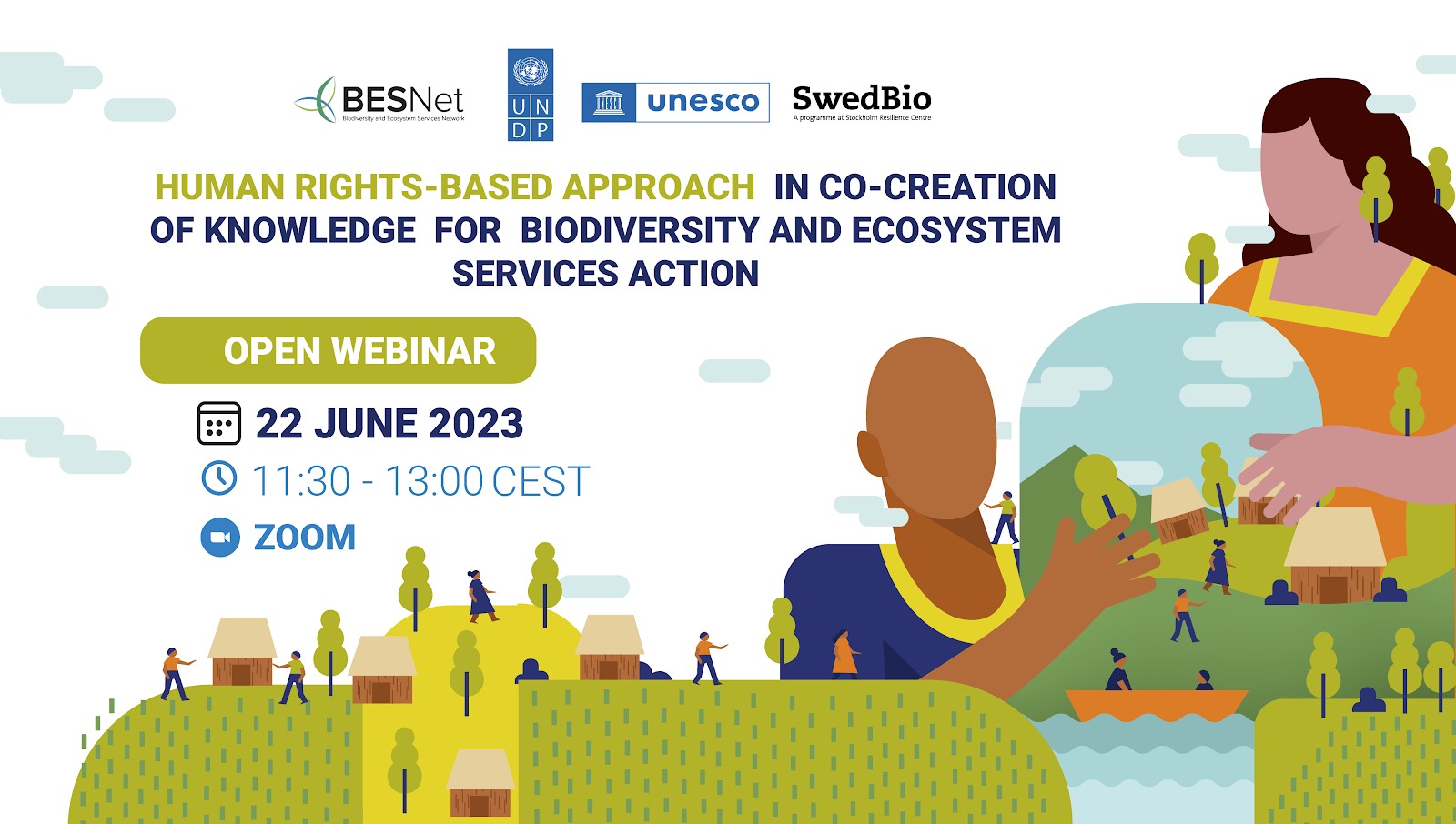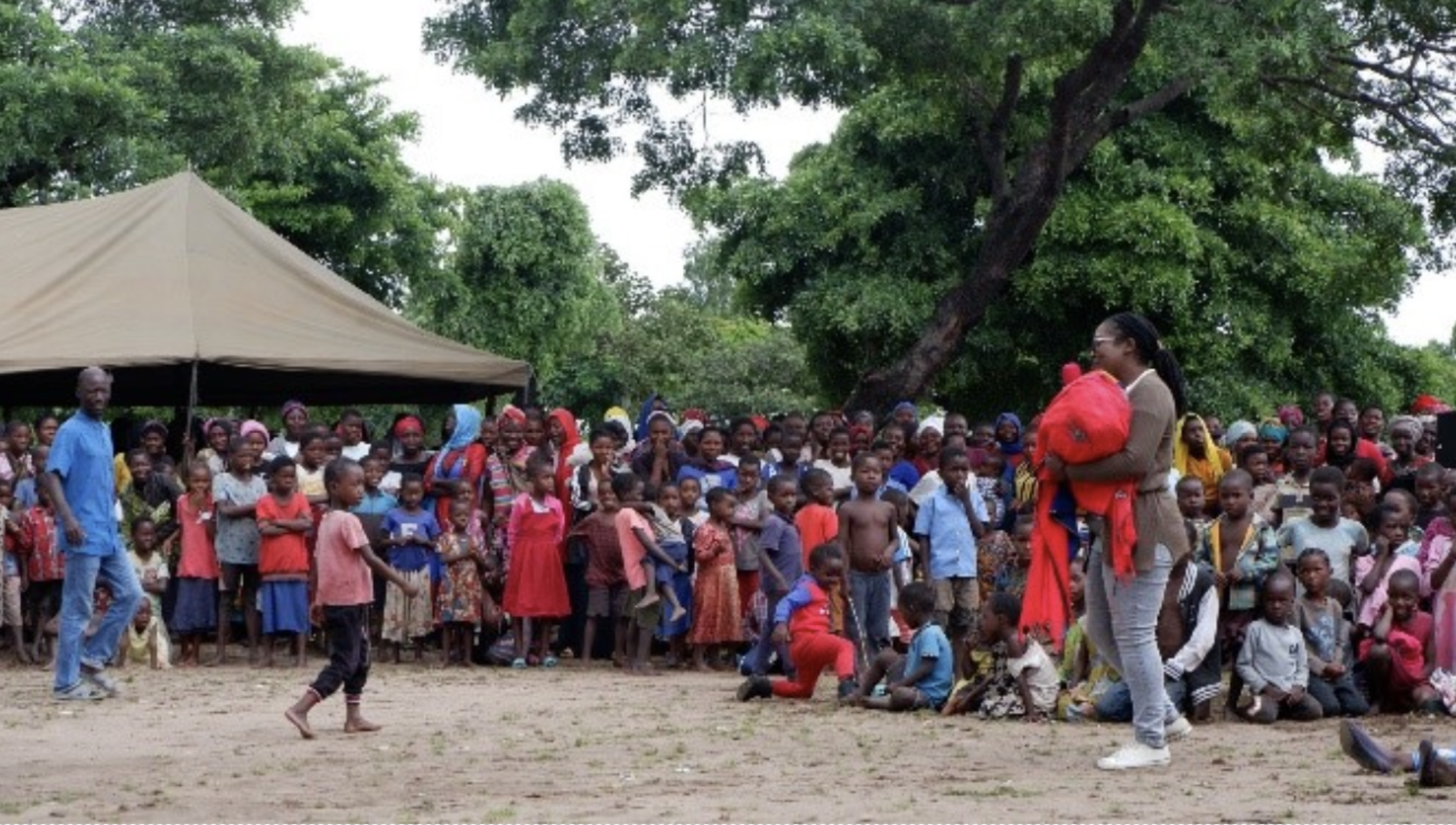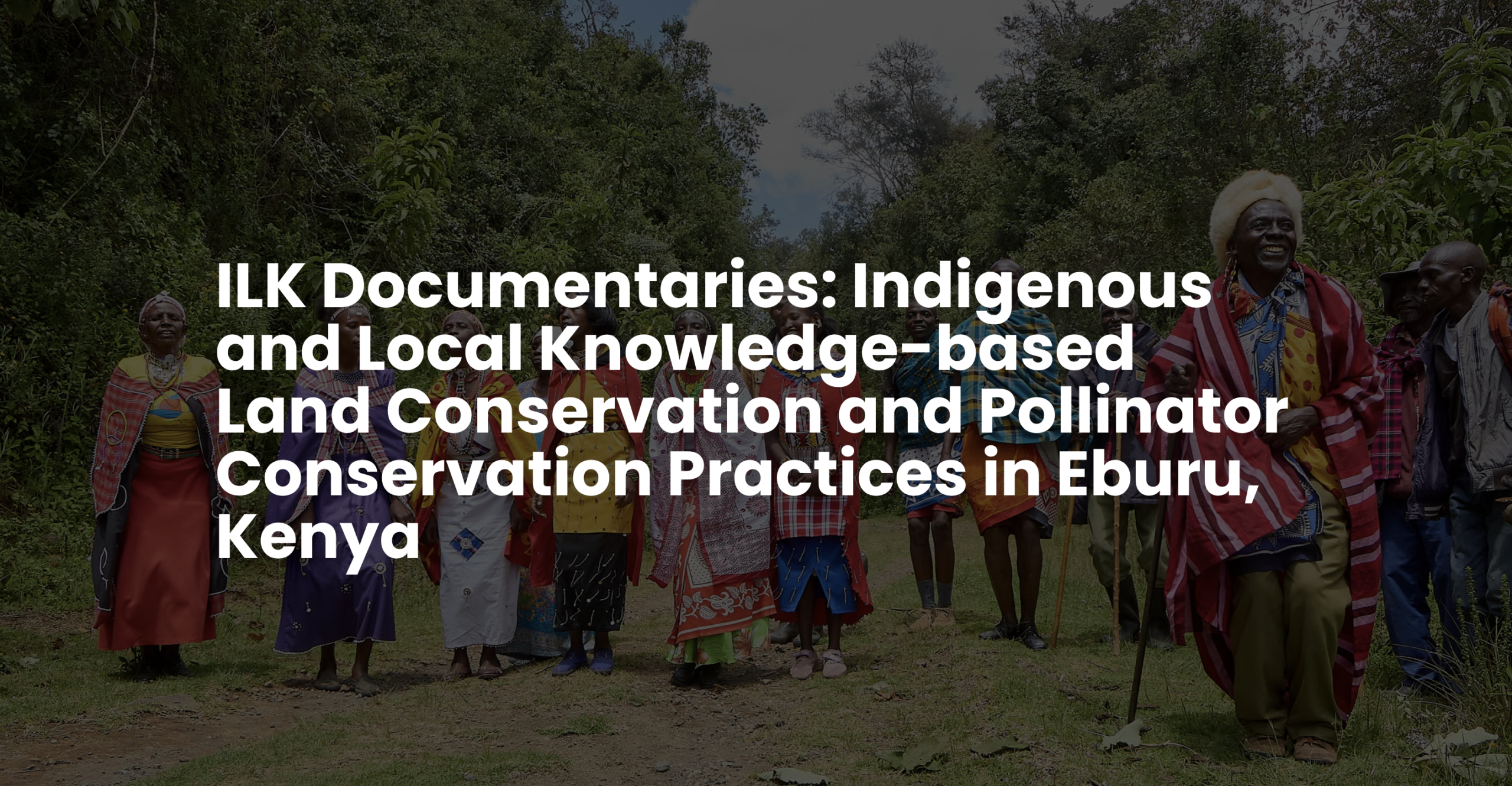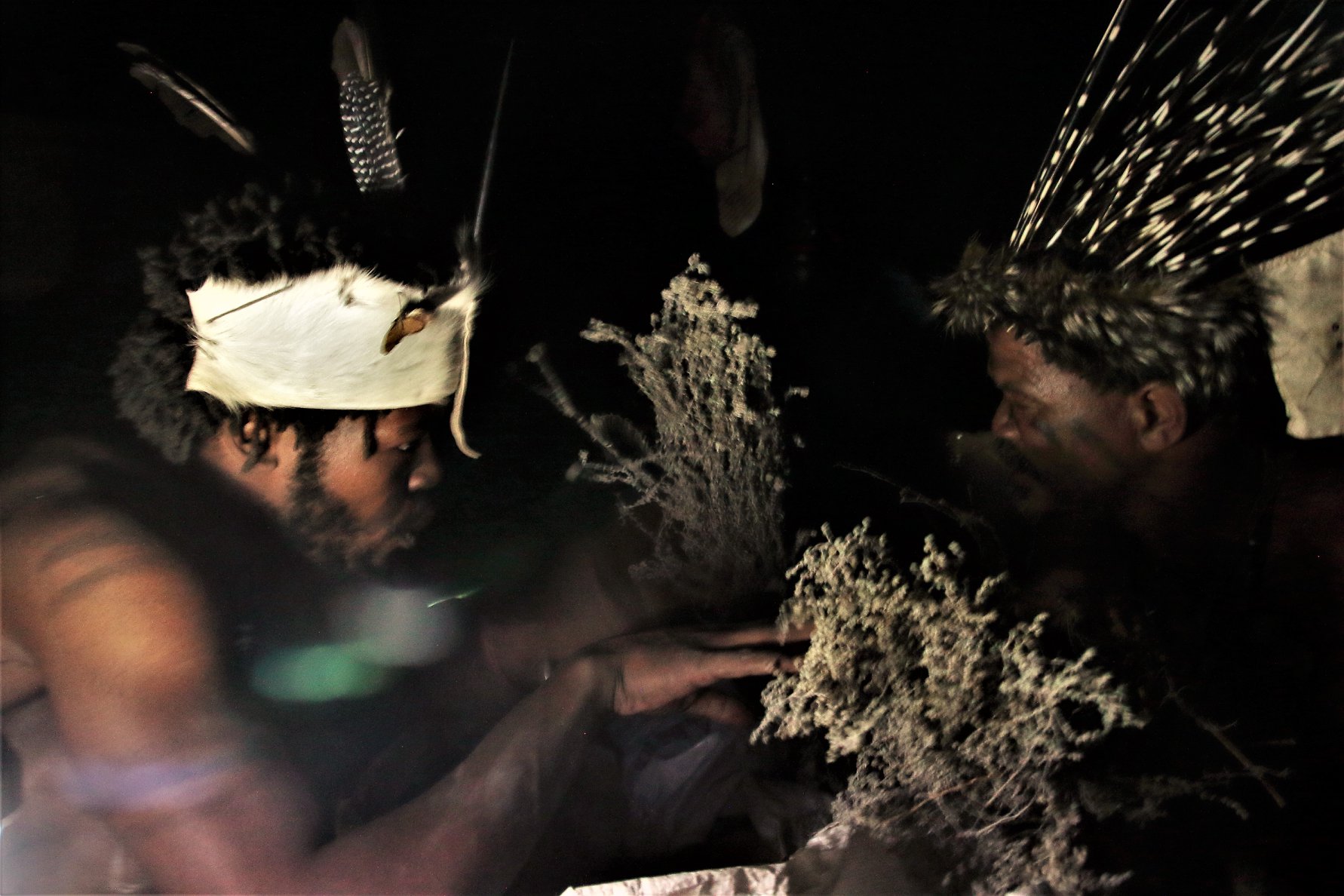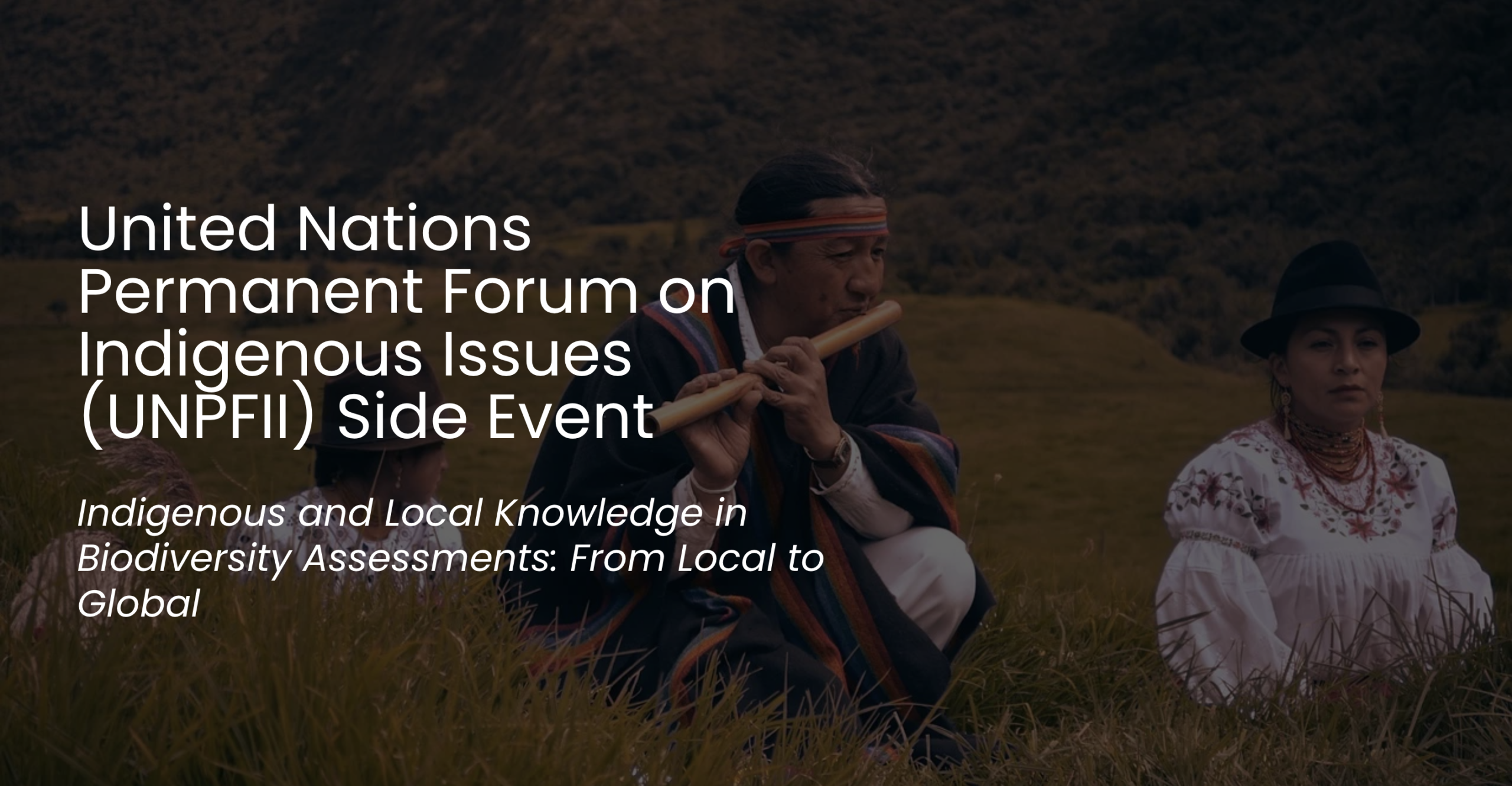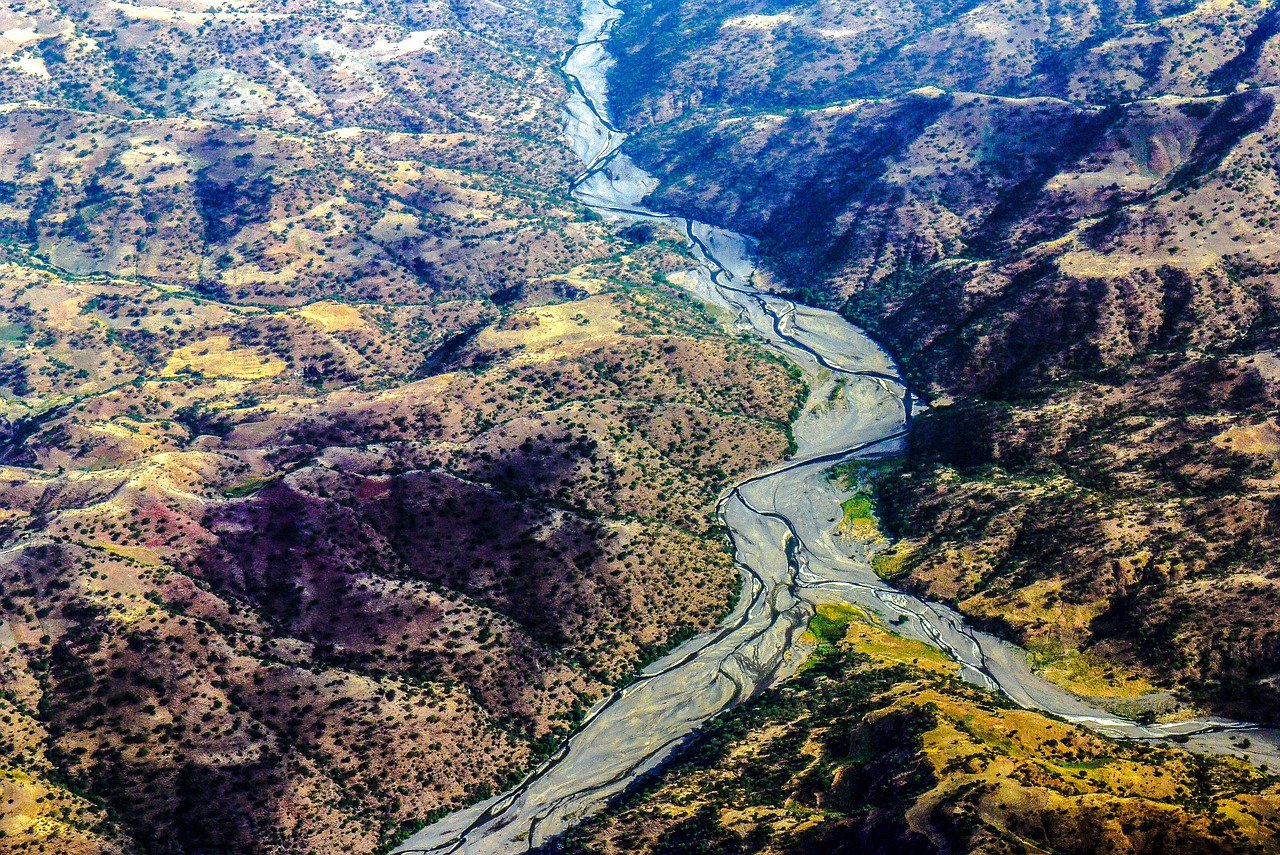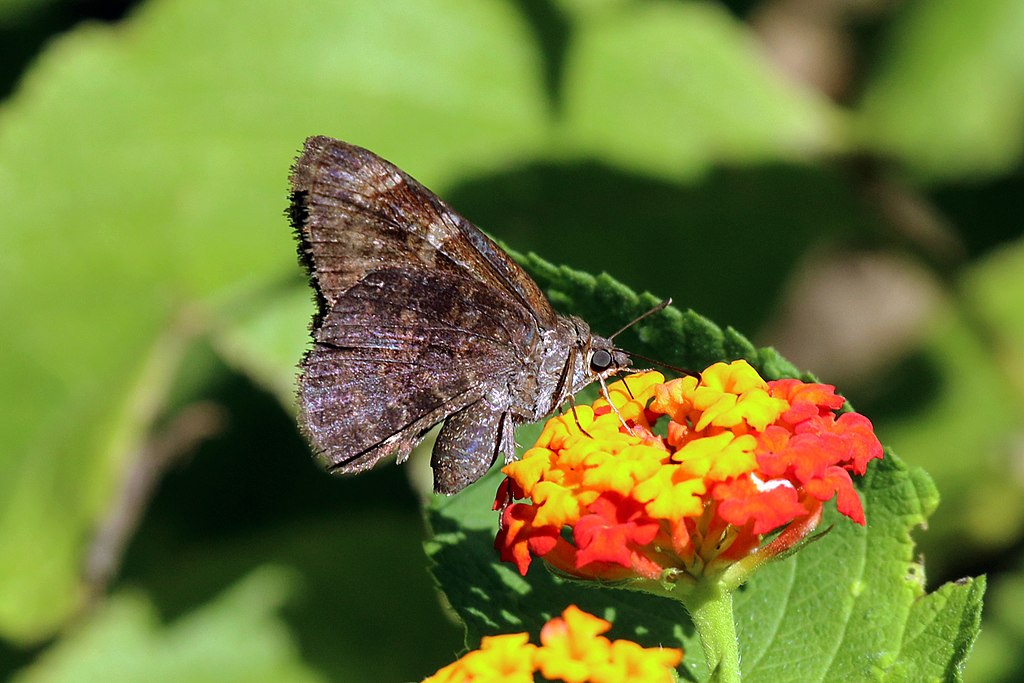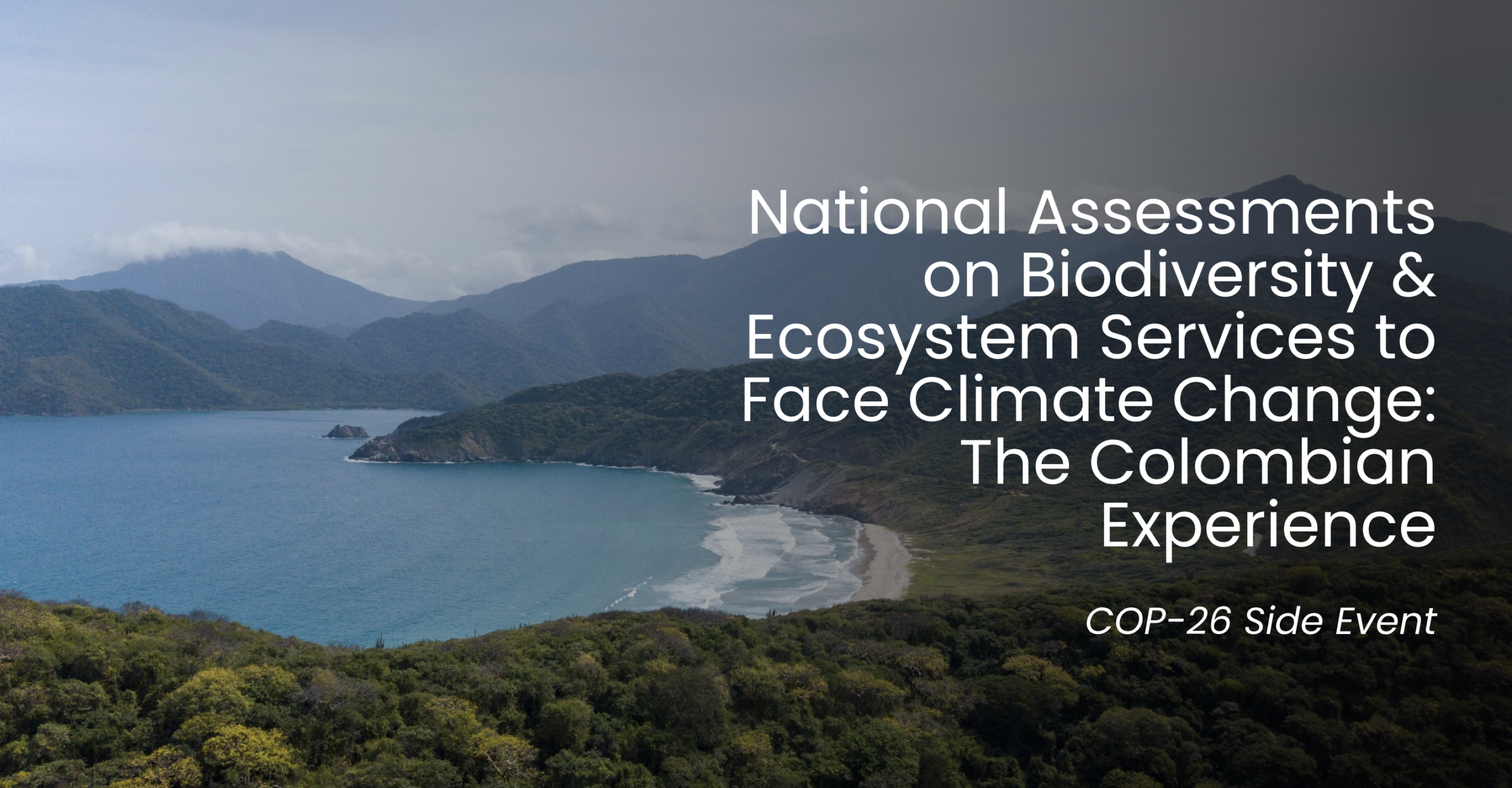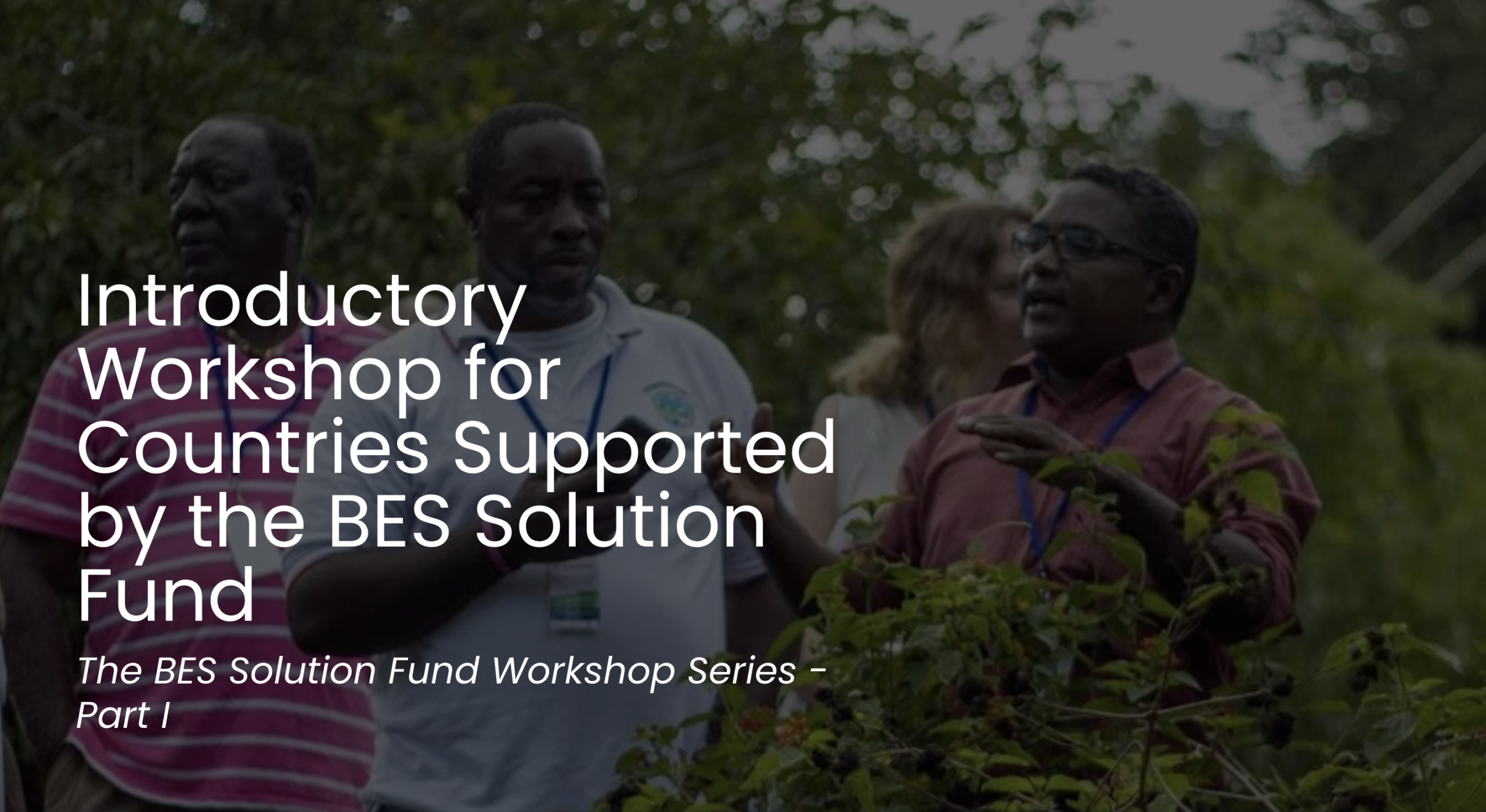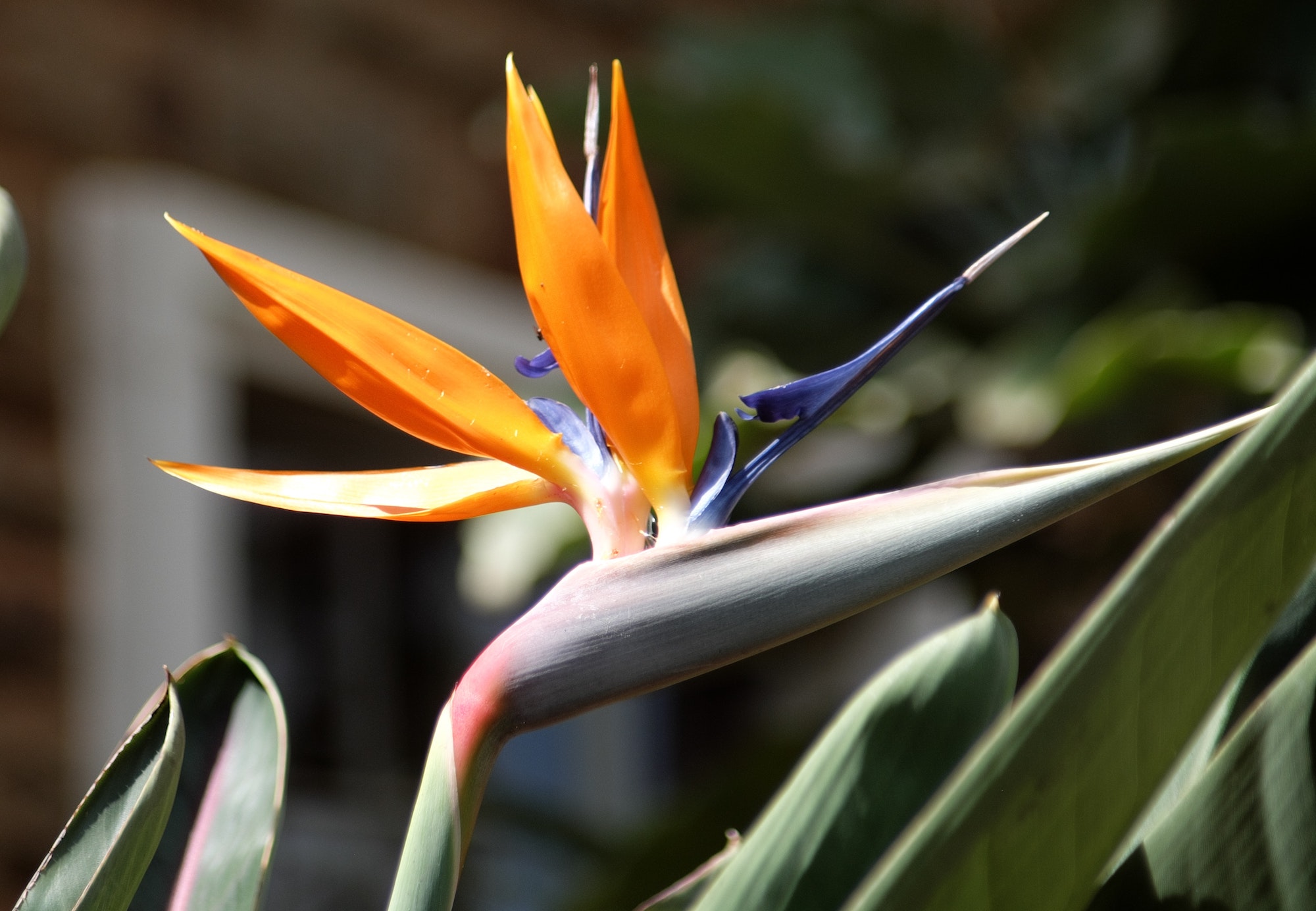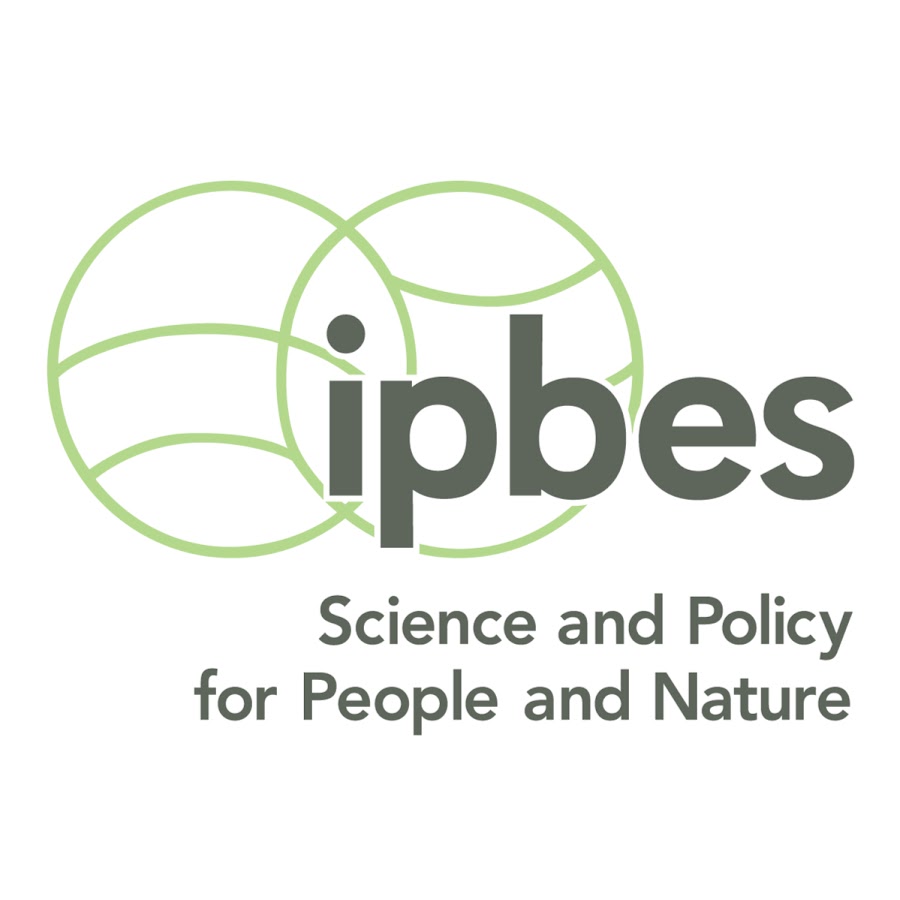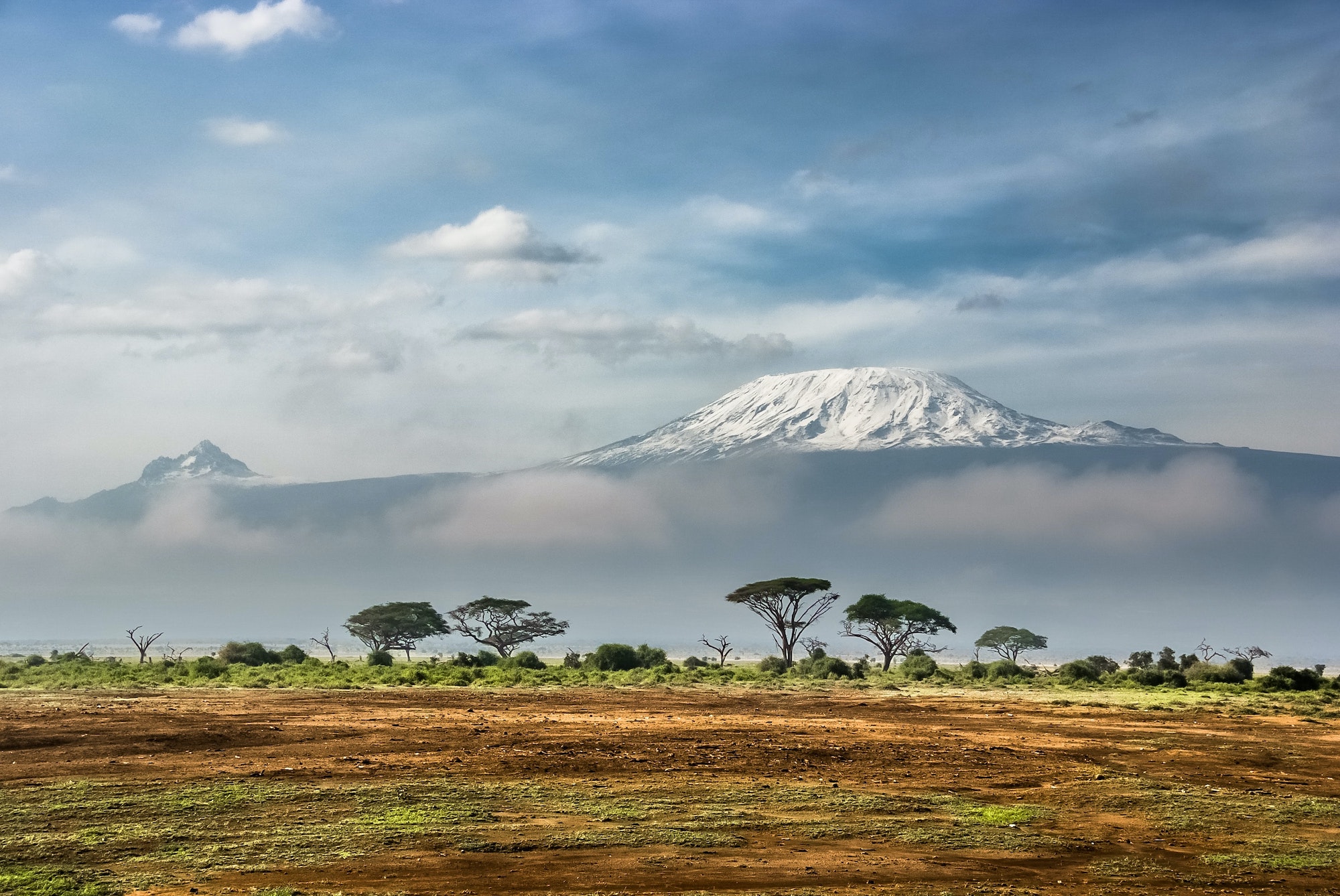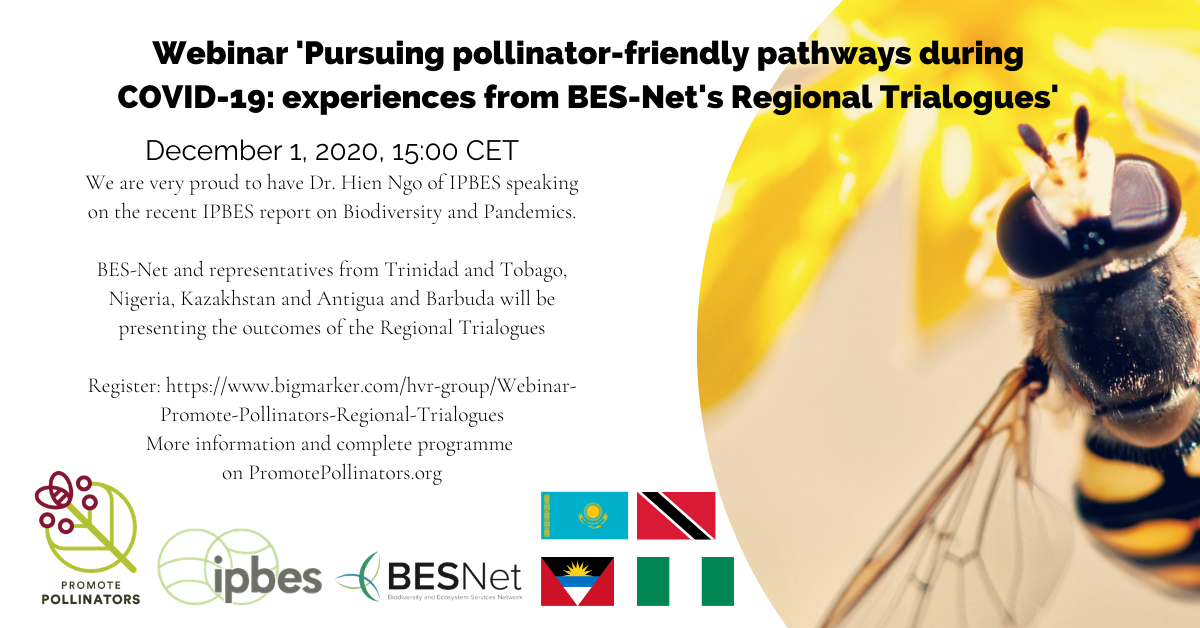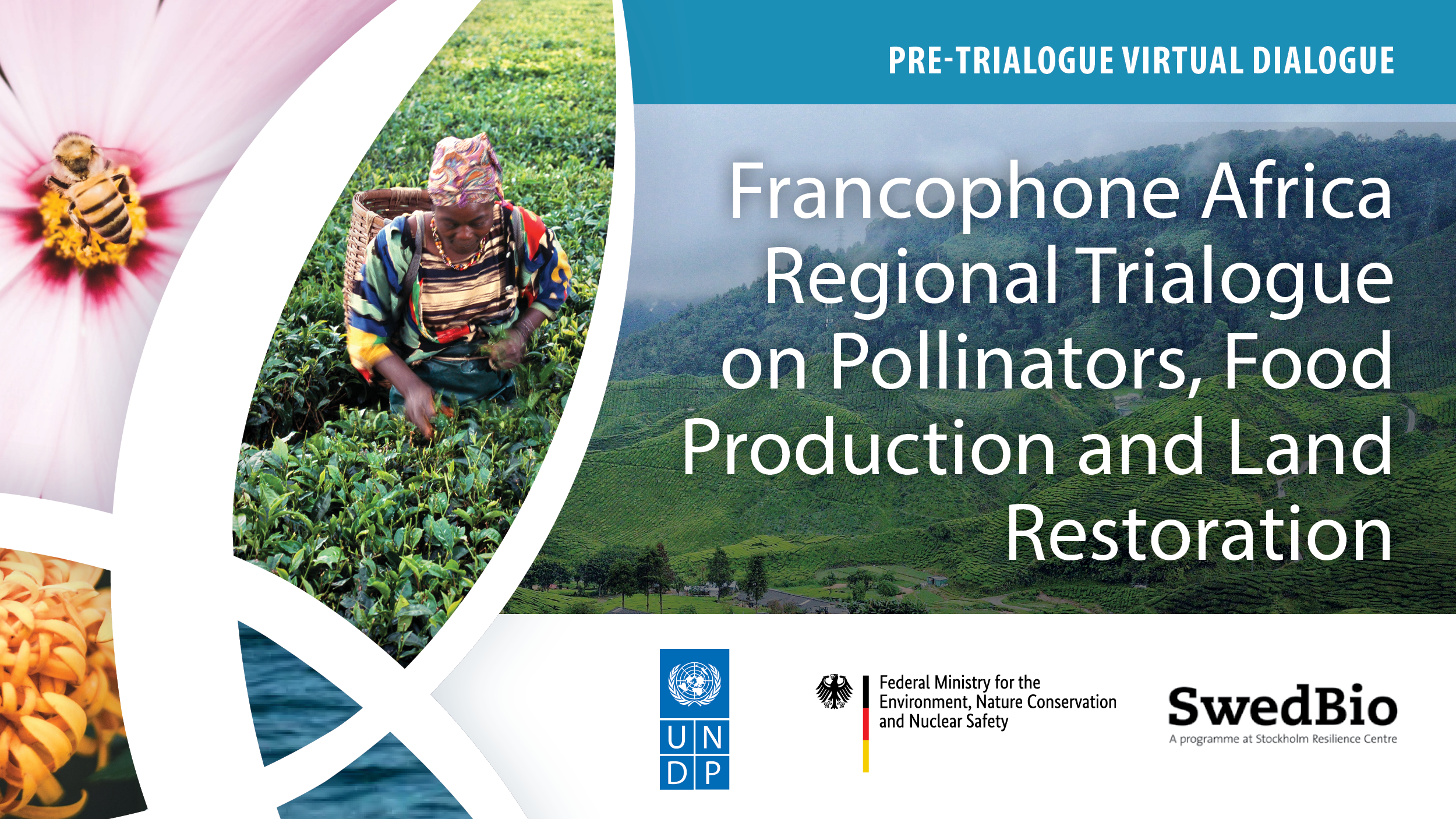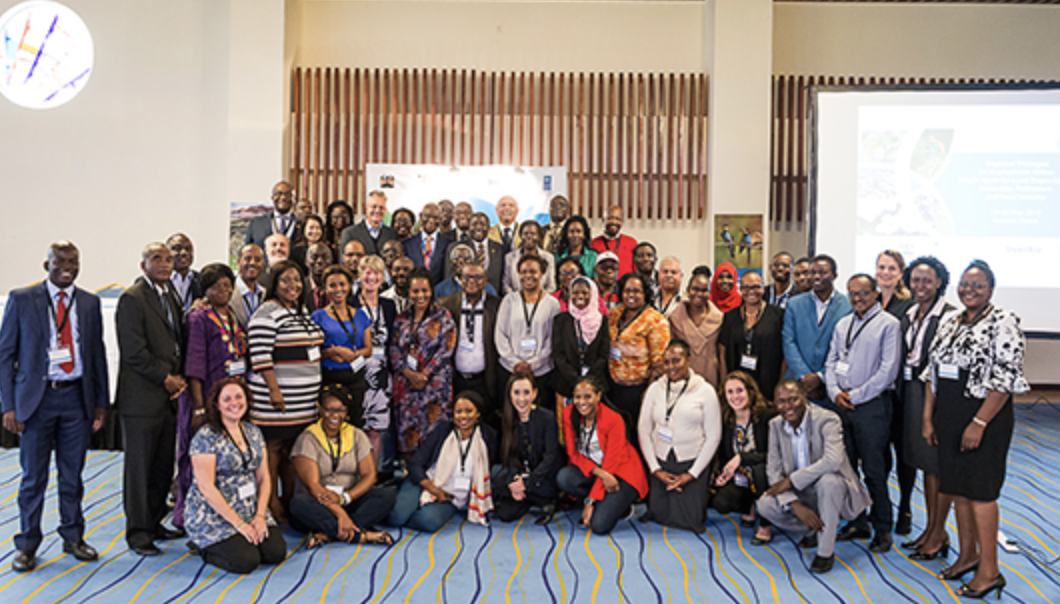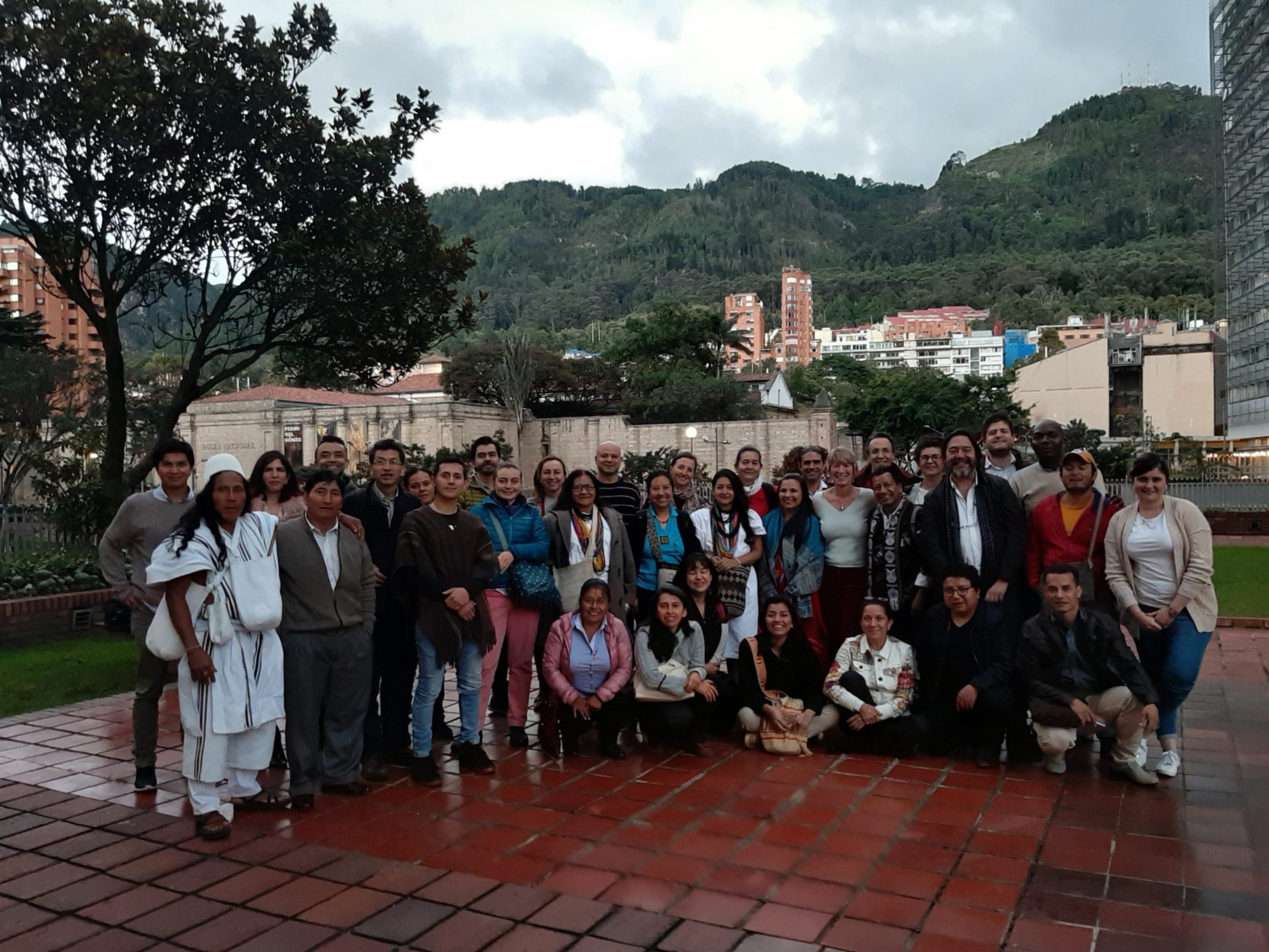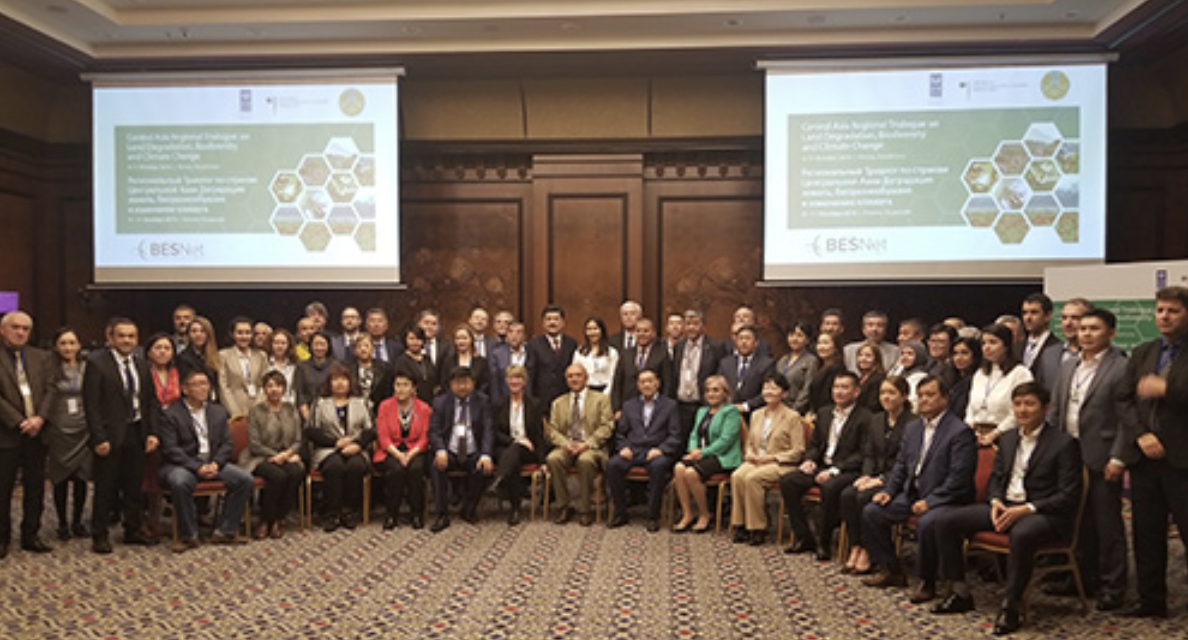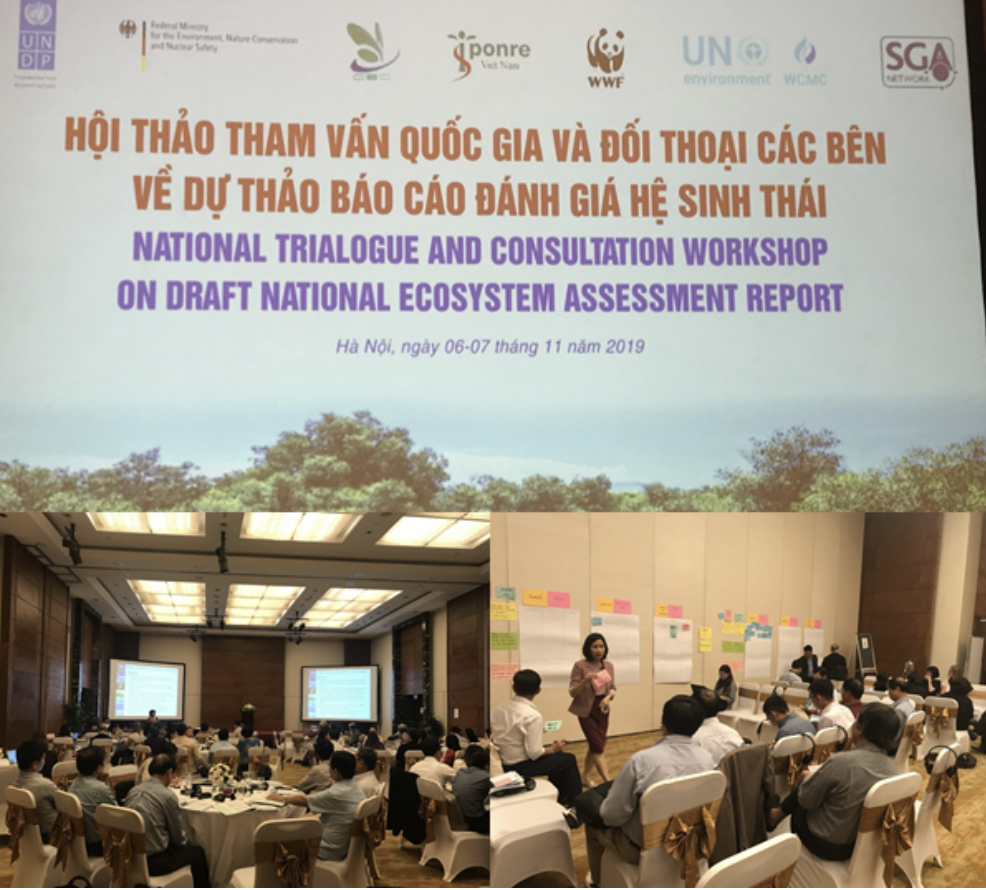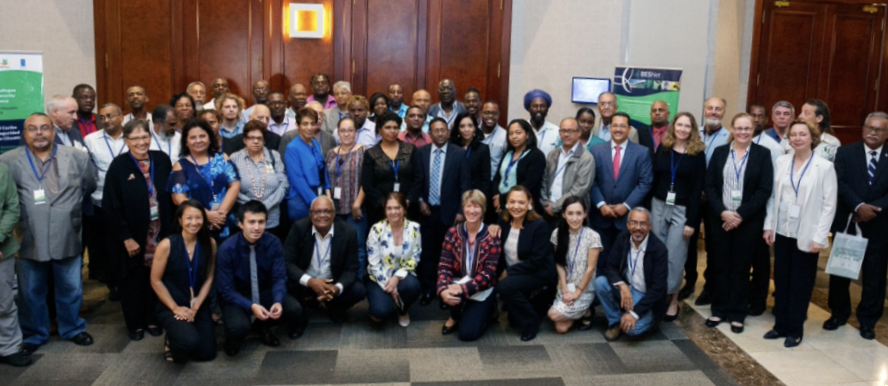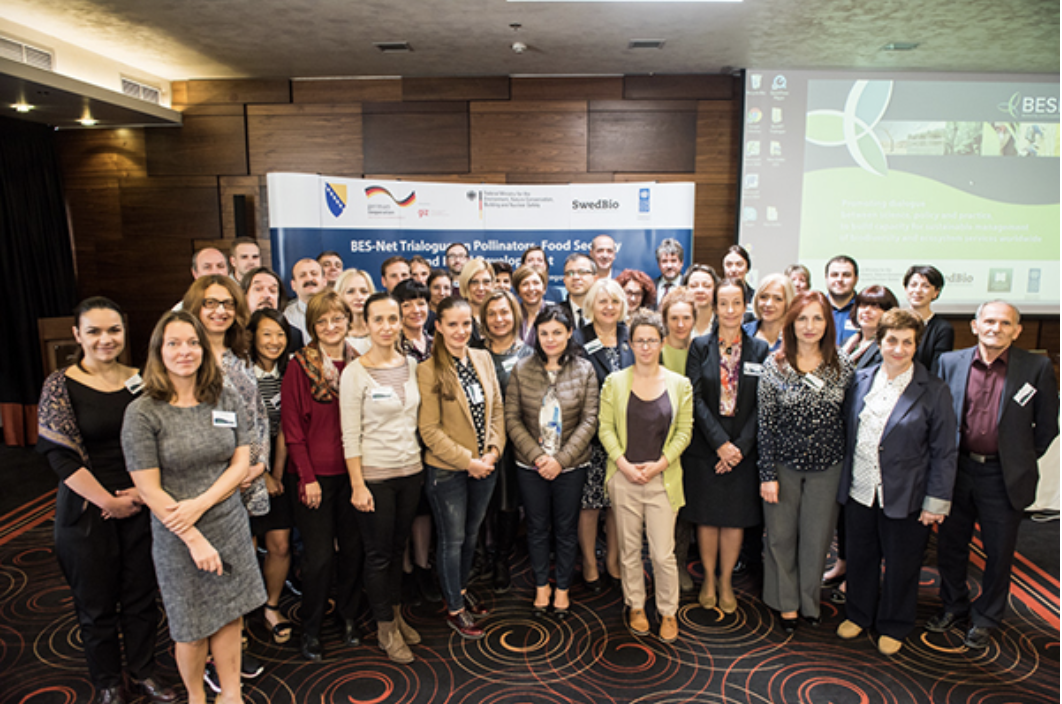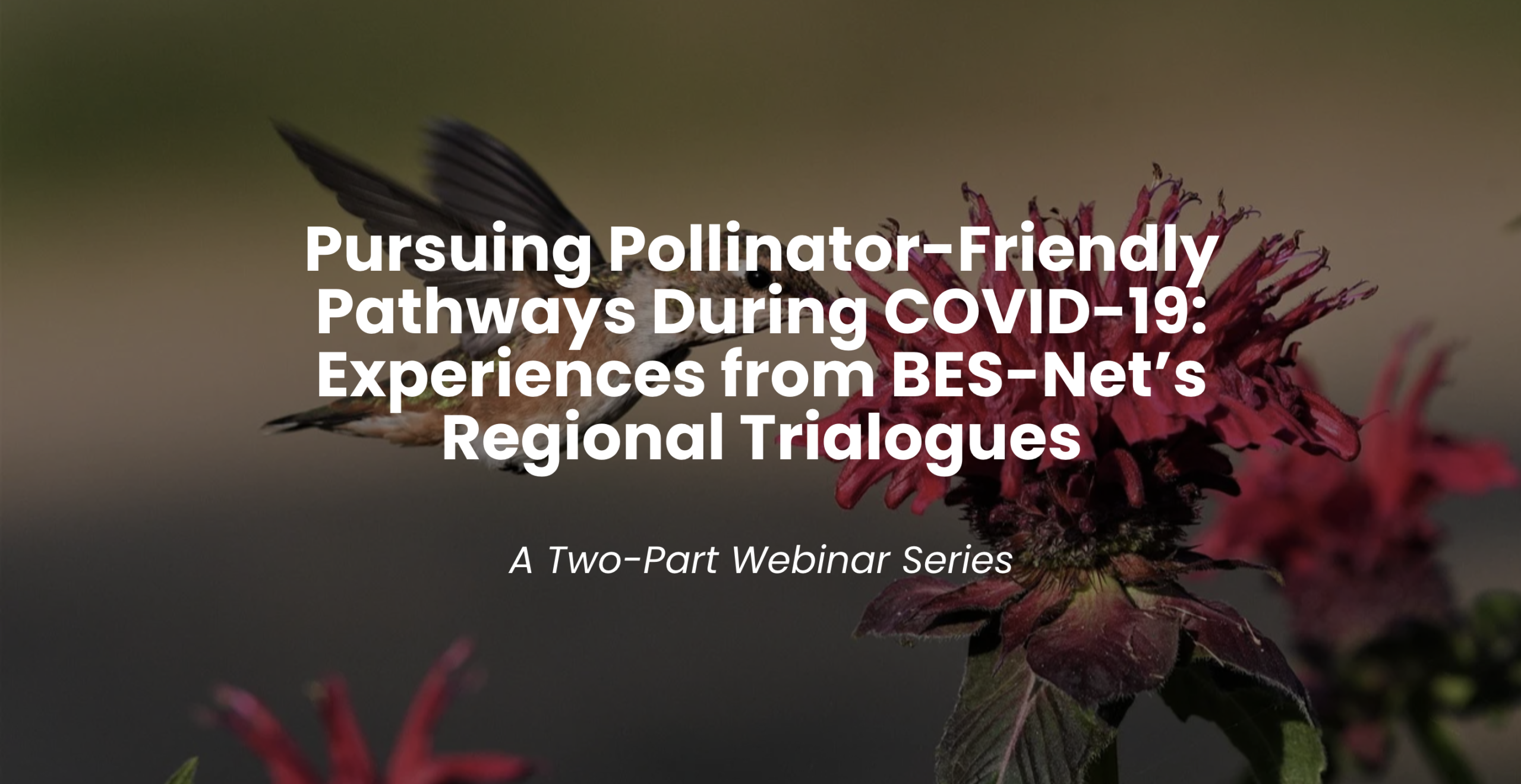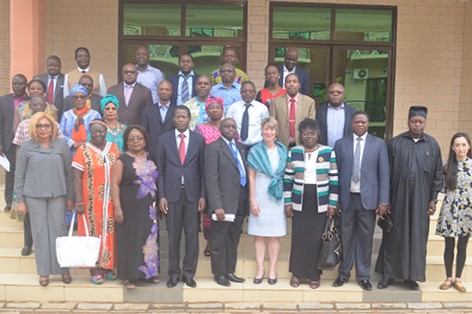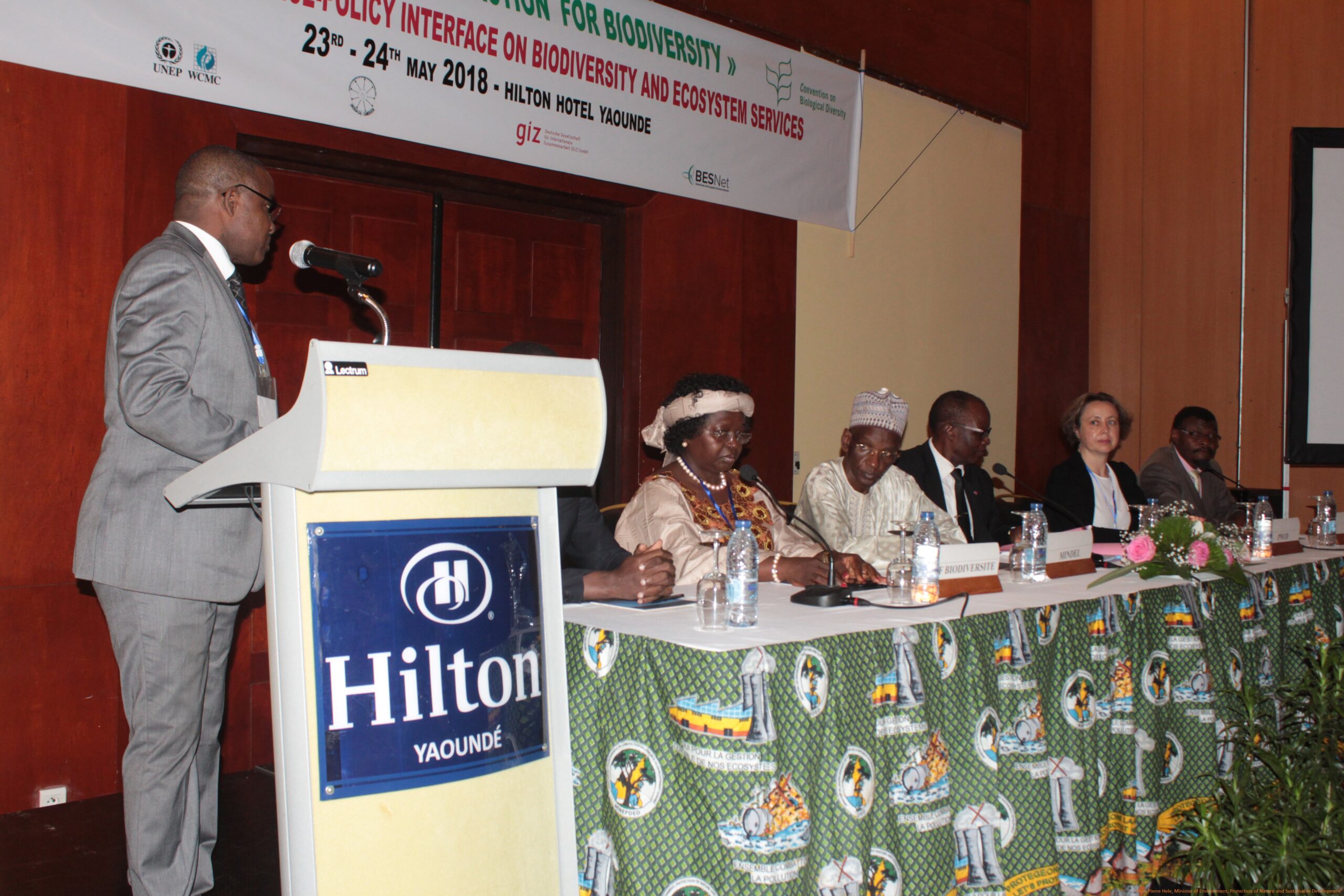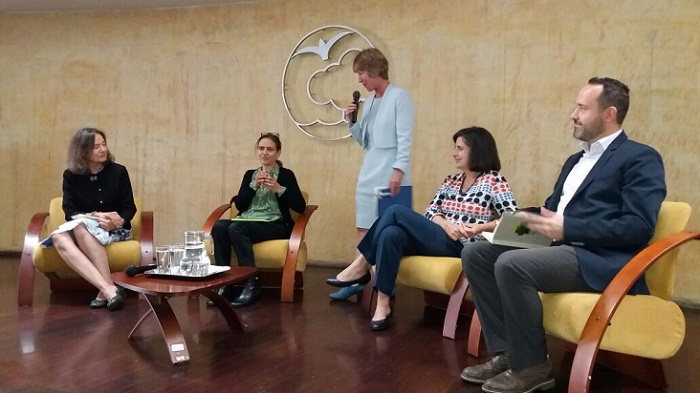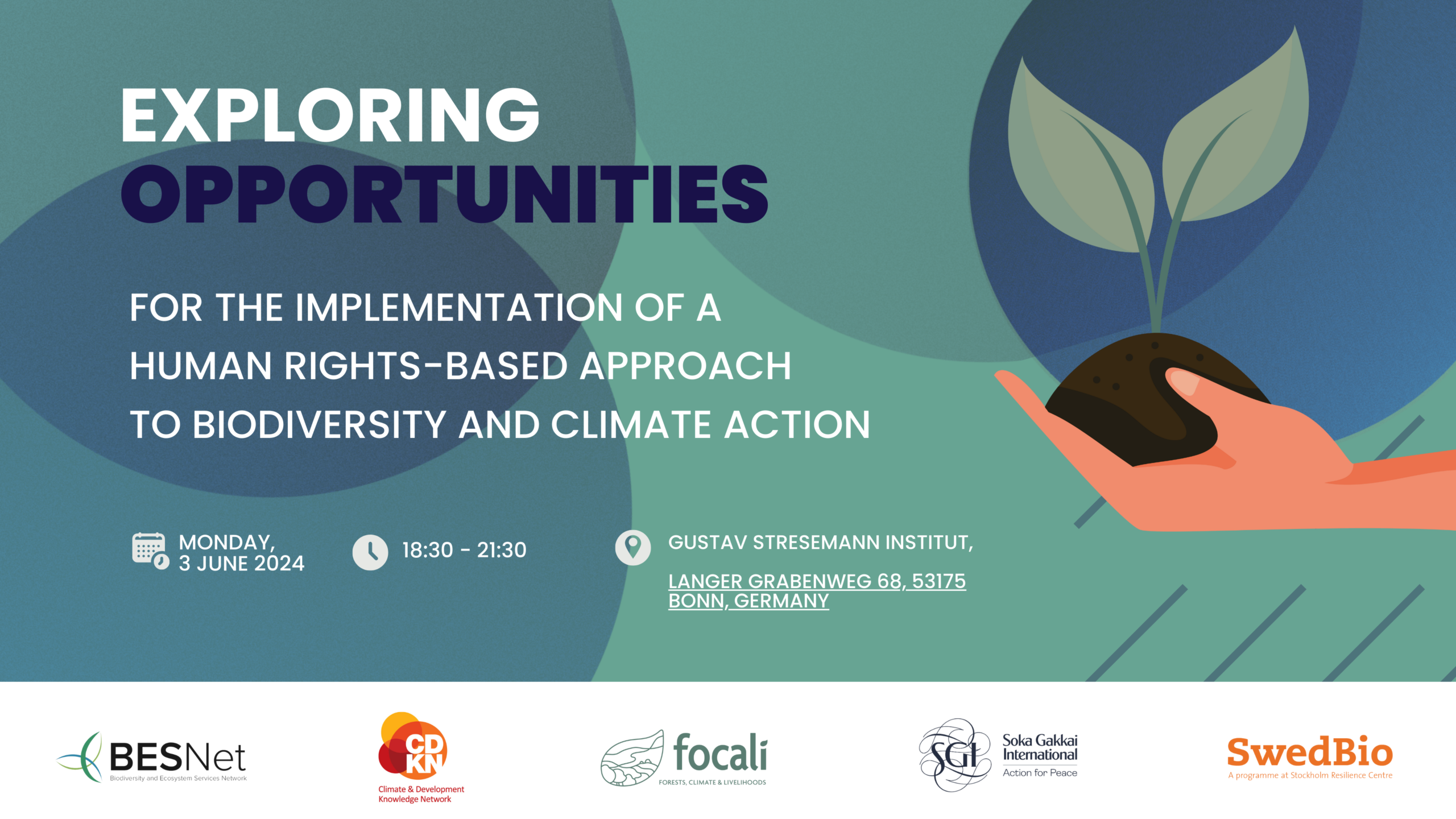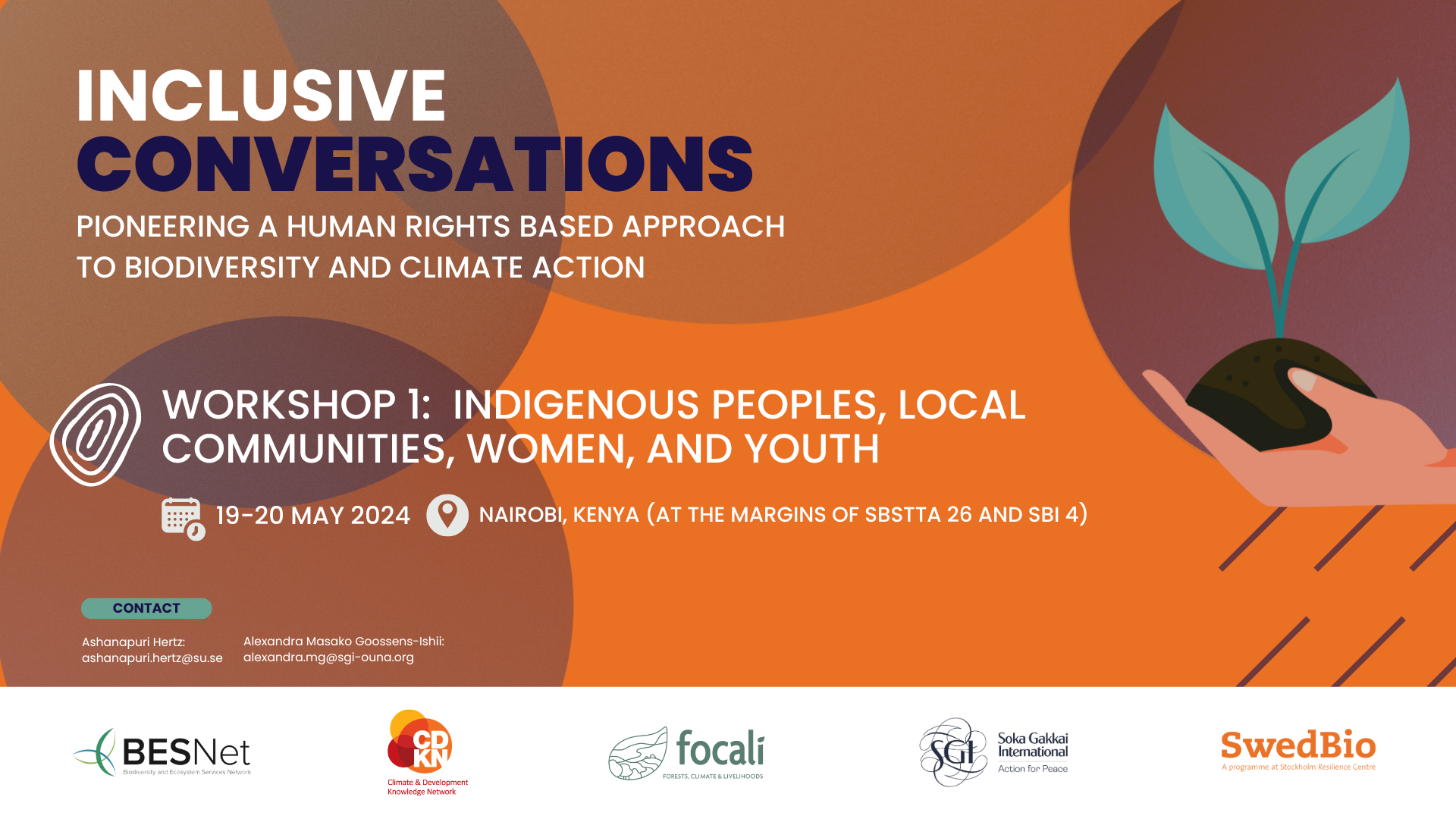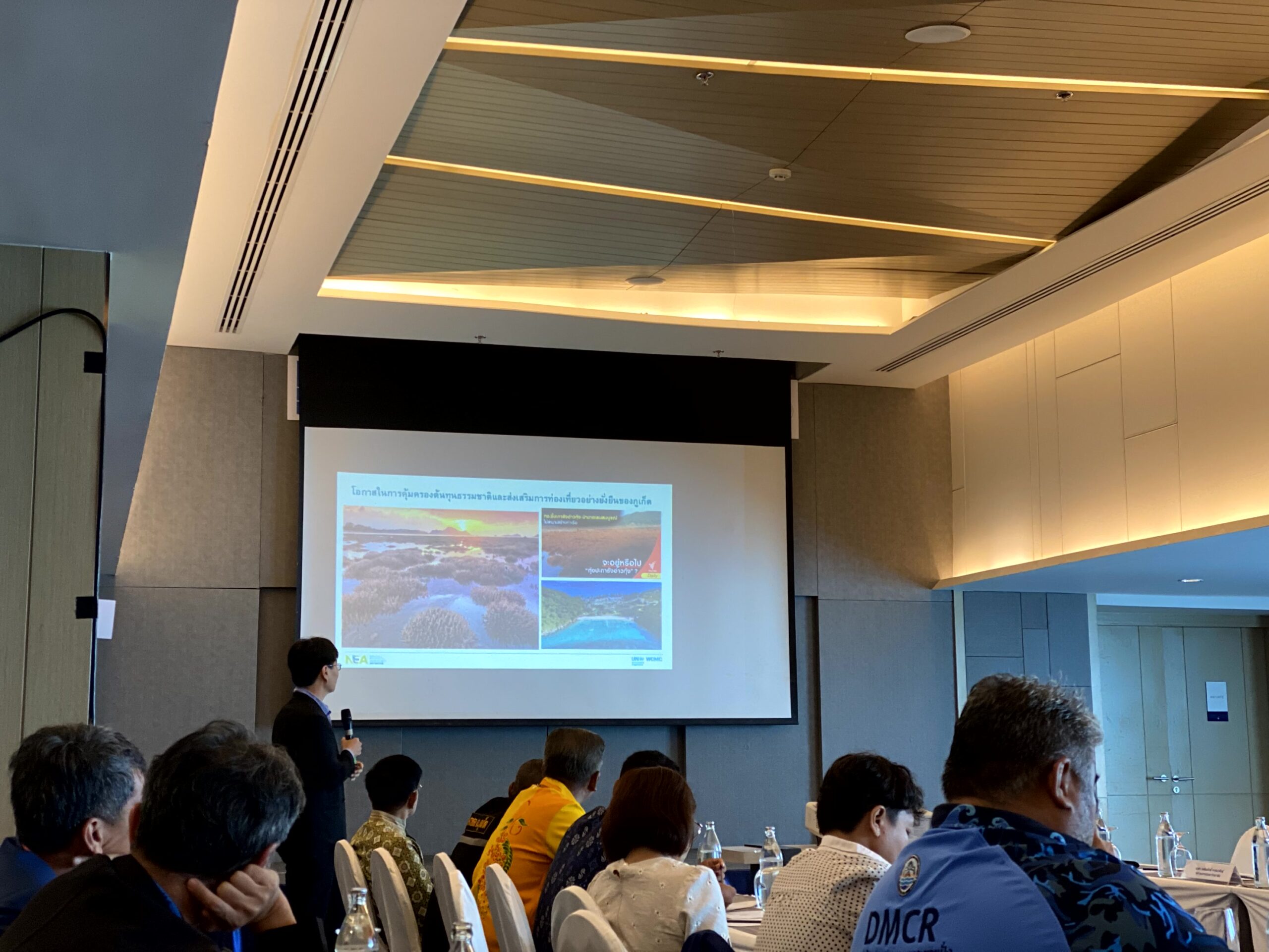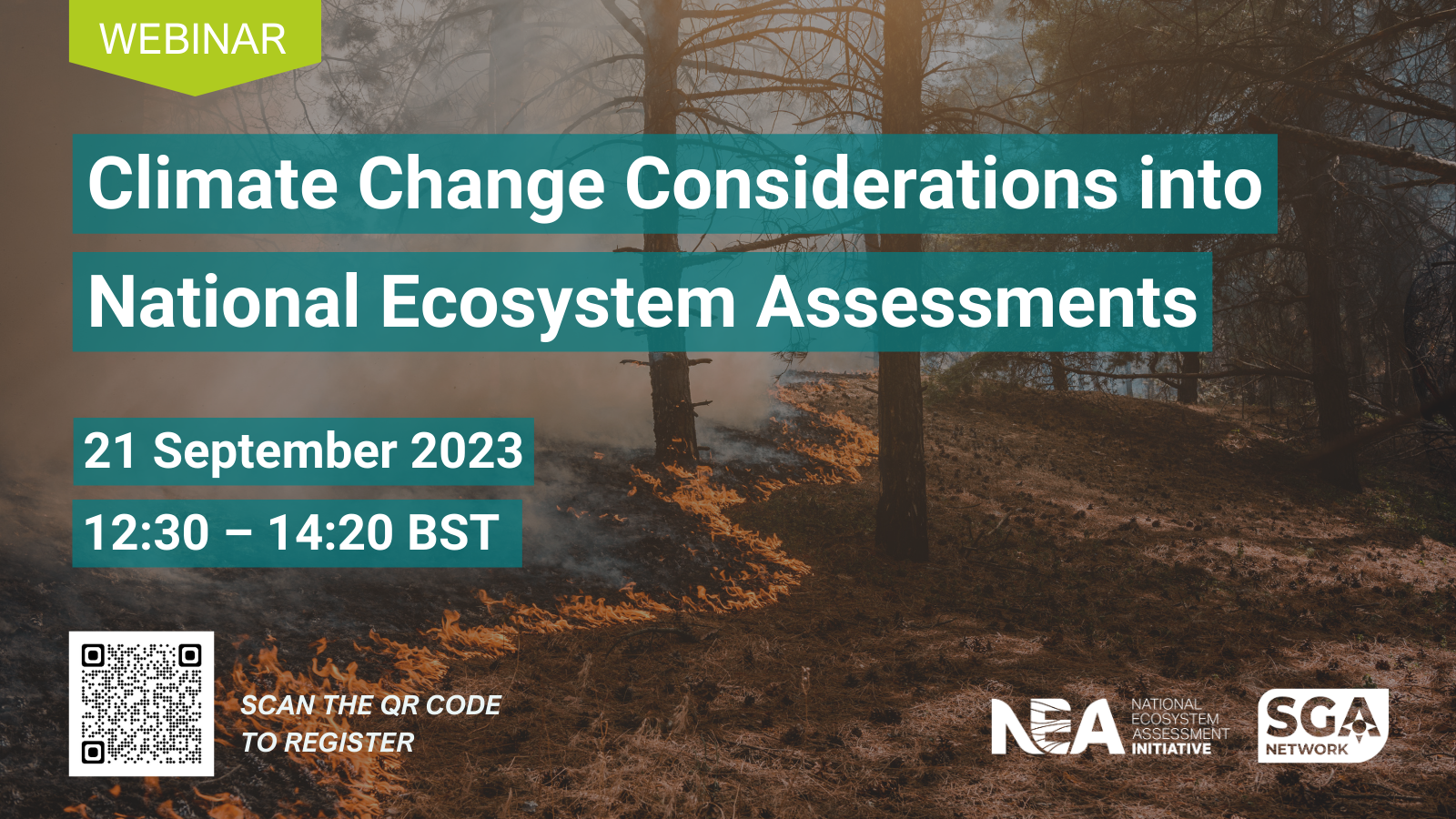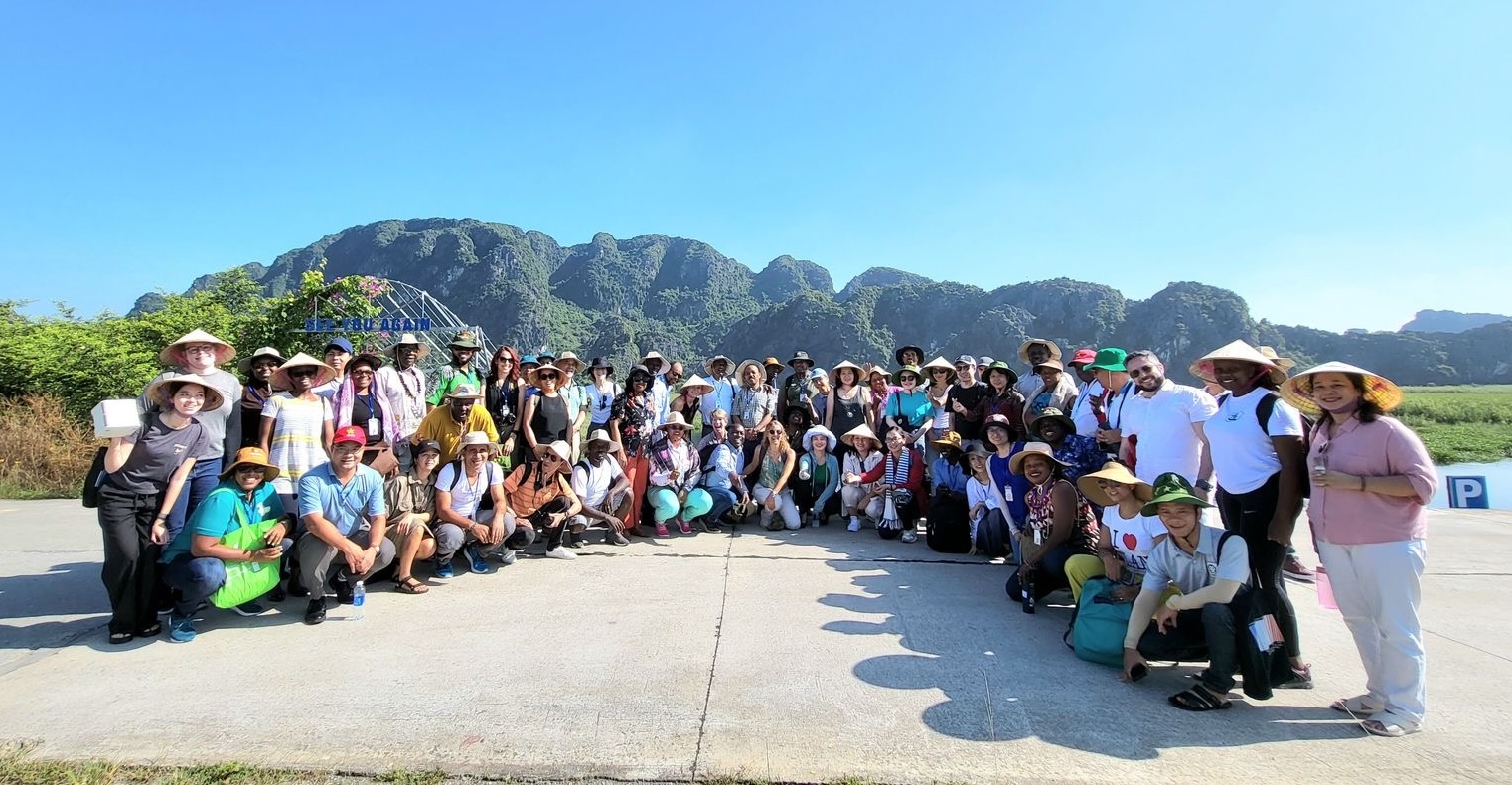Inclusive Conversations: Pioneering a Human Rights-Based Approach to Biodiversity and Climate Action
A Workshop Series

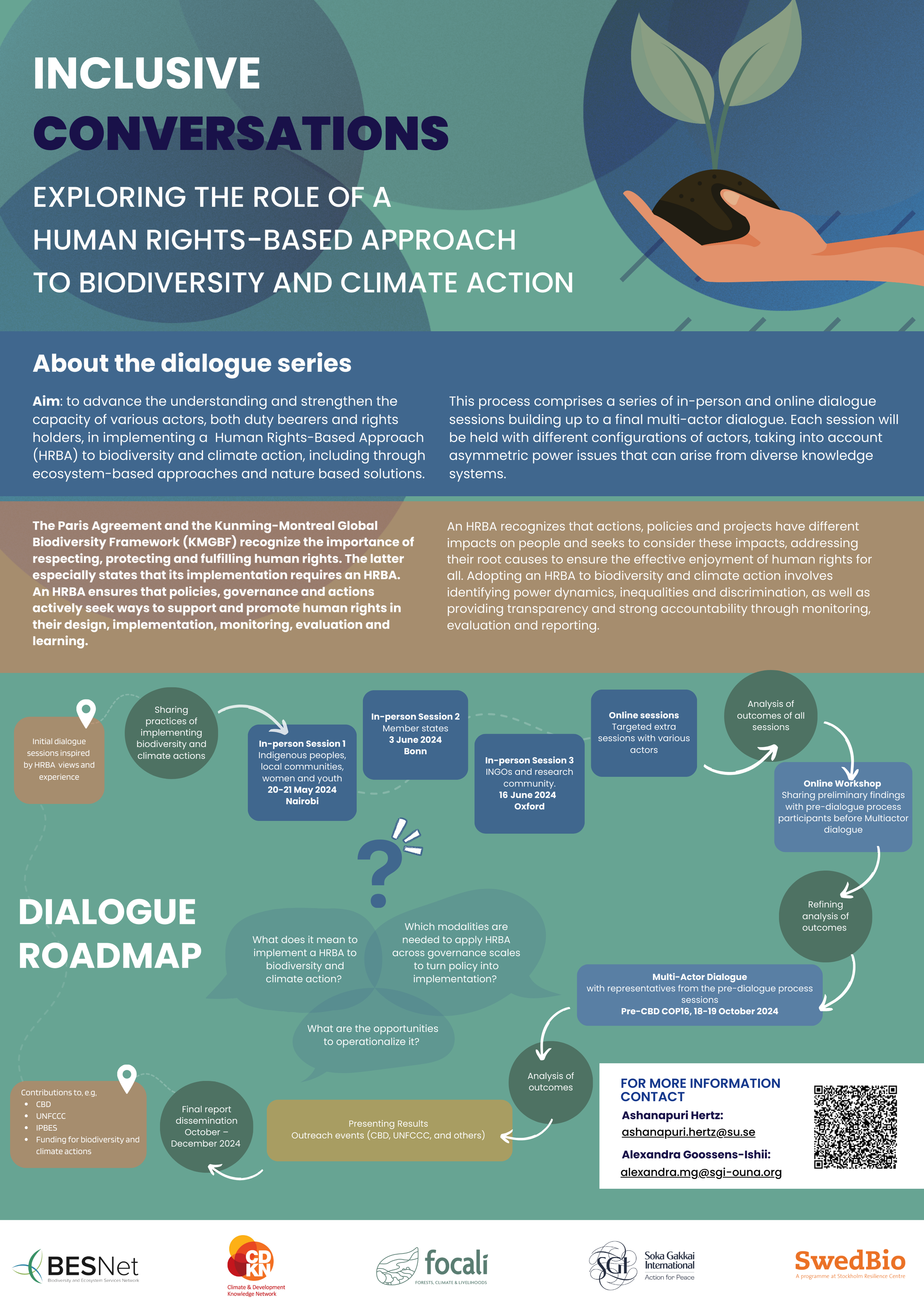
About the Workshop Series
The functioning of human societies and ecosystems is interdependent with the state of climate and biodiversity. The Paris Agreement and the Kunming-Montreal Global Biodiversity Framework (KMGBF) recognize the importance of respecting, protecting and fulfilling human rights. The latter especially states that its implementation requires a Human Rights-Based Approach (HRBA). An HRBA ensures that policies, governance and actions actively seek ways to support and promote human rights in their design, implementation, monitoring, evaluation and learning. It recognizes that actions, policies and projects have different impacts on people and seeks to consider these impacts, addressing their root causes to ensure the effective enjoyment of human rights for all. Adopting an HRBA for biodiversity and climate action involves identifying power dynamics, inequalities and discrimination, as well as providing transparency and strong accountability through monitoring, evaluation and reporting.
Recognizing the diversity of actors, as well as their associated knowledge, views, experience and proposals, in addressing biodiversity and climate change in a synergistic manner, there is a need for actors to come closer to convergence on what an HRBA applied to biodiversity and climate action means.
The overarching goal of this dialogue process is to advance the understanding and strengthen the capacity of various actors, both duty bearers and rights holders, in implementing an HRBA for biodiversity and climate action. This will contribute to the implementation of the KMGBF across all levels and other international frameworks related to biodiversity and climate change.
This dialogue process comprises a series of workshops followed by a multi-actor dialogue seminar, which aims to advance efforts in addressing gaps between internationally agreed framework and implementation at the national and sub-national levels.
The workshops, as parts of the pre-dialogue process, are held with stakeholder groups spanning duty bearers and rights holders, whereas the multi-actor dialogue seminar is attended by representatives of participants from a mix of actors taking part in the previous workshops.
Online Sessions
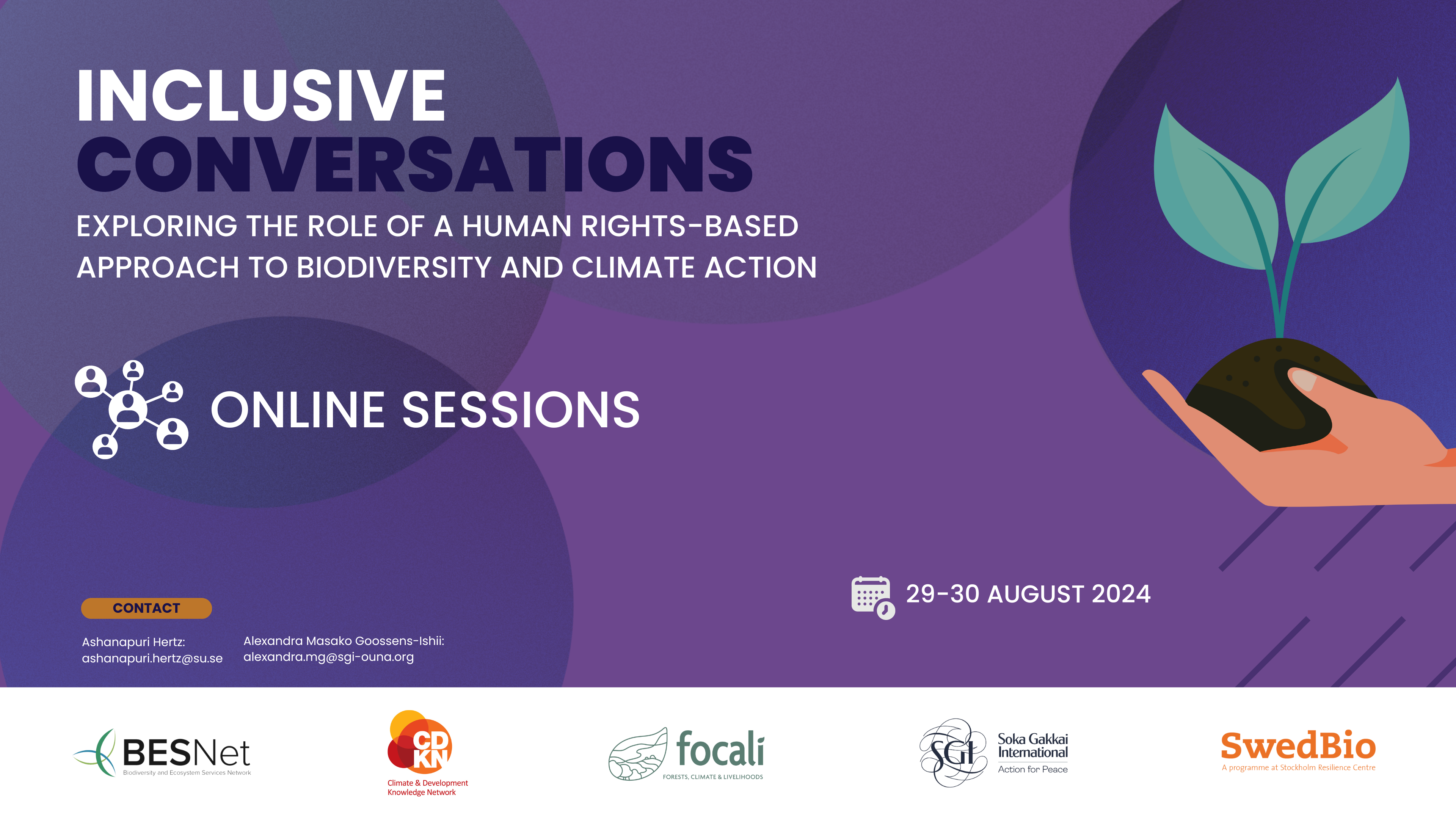
These sessions focused on advancing the understanding and capacity of various stakeholders in implementing a human rights-based approach to address biodiversity and climate change. A diverse group of actors came together to discuss the integration of human rights into environmental policies and actions, emphasizing the importance of transparency, accountability and inclusivity in achieving the goals of the KMGBF.
Multi-Actor Dialogue Seminar
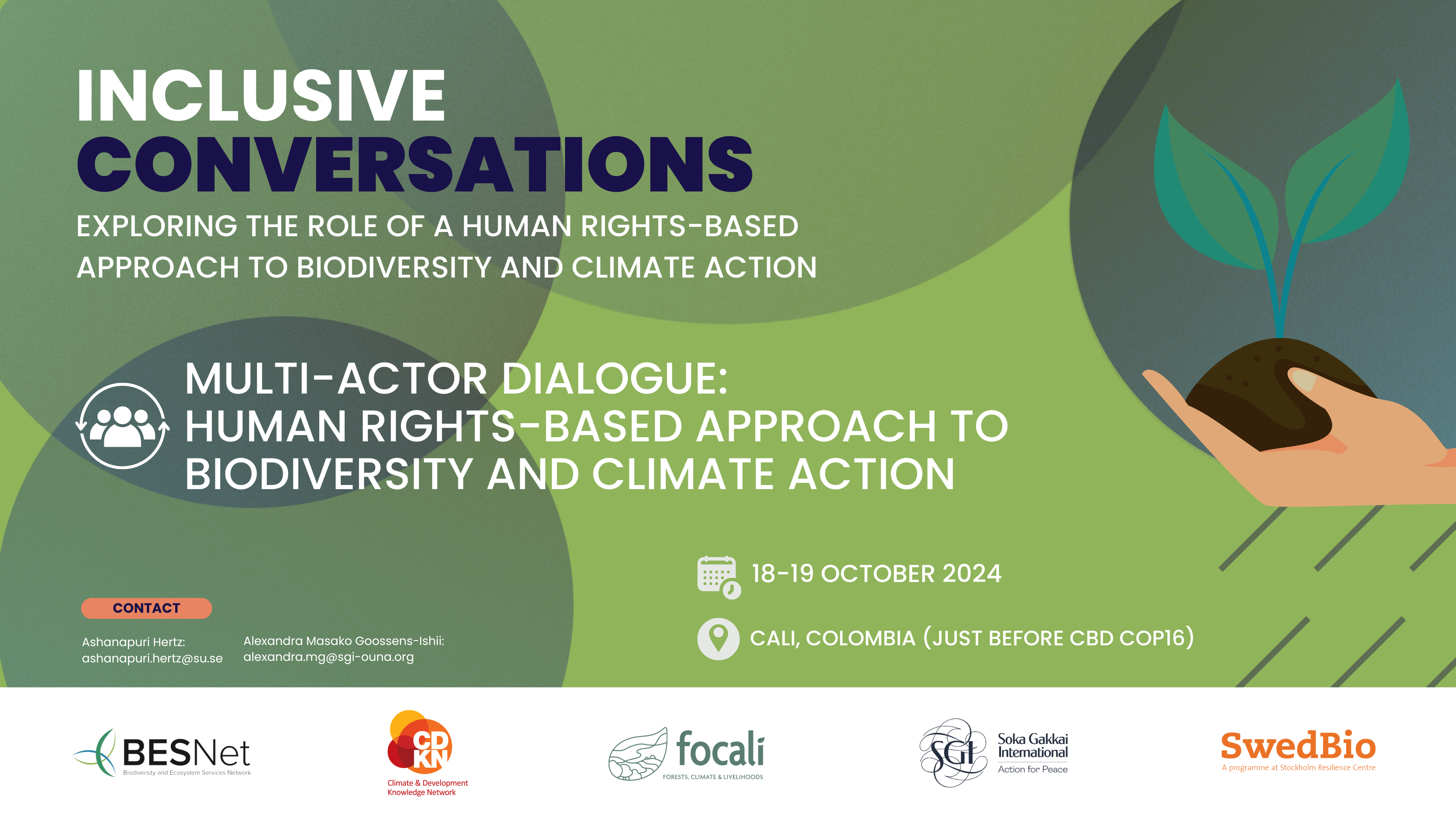
This multi-actor dialogue brought together diverse stakeholders to explore the integration of a human rights-based approach in biodiversity and climate action. Held just before the CBD COP16, this event aimed to foster inclusive discussions and collaborative efforts to ensure that environmental governance is both sustainable and equitable.
Workshop: Indigenous Peoples, Local Communities, Women and Youth
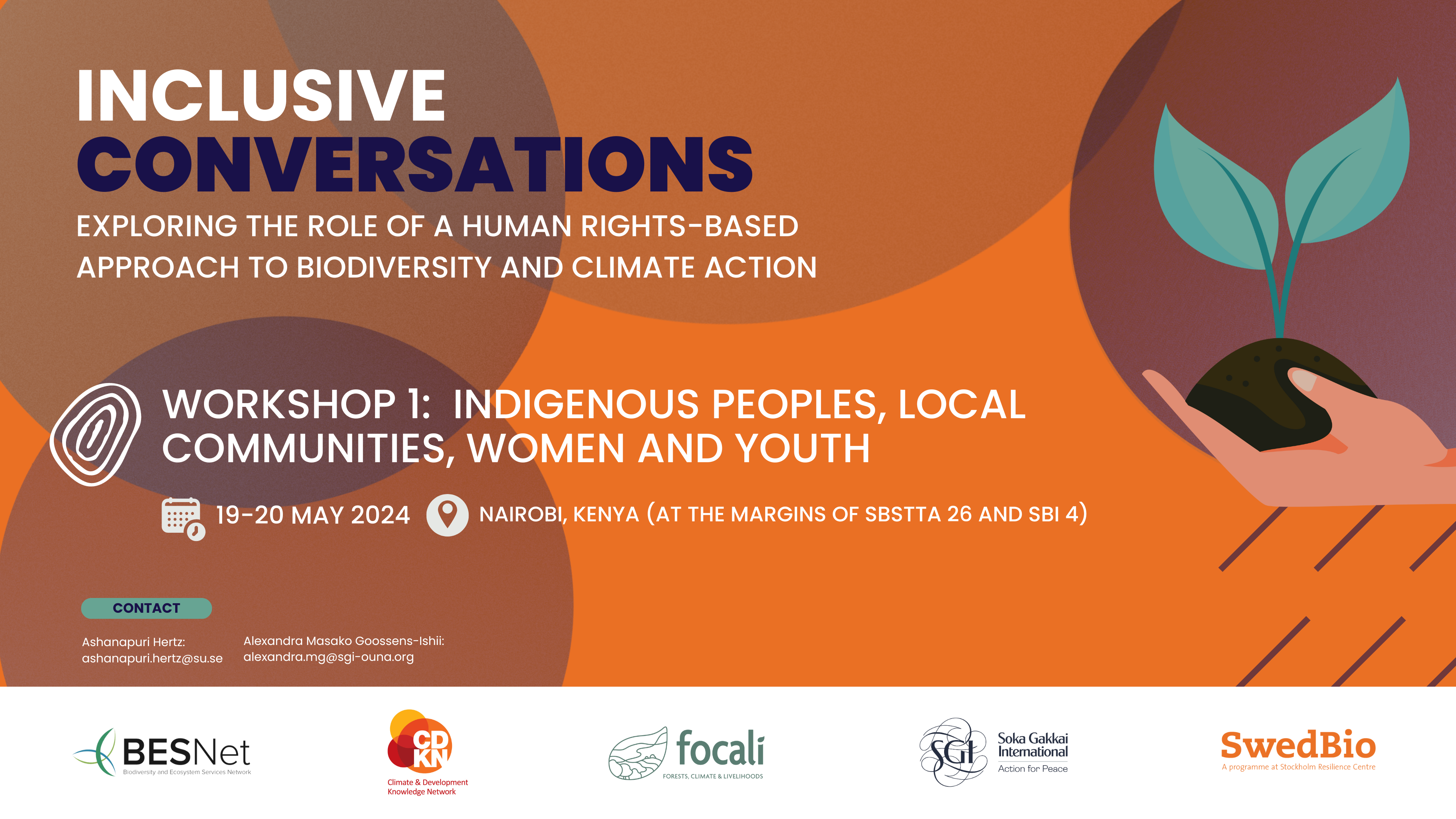
This session focused on empowering Indigenous Peoples, local communities, women and youth. It aimed to incorporate their unique perspectives and knowledge into biodiversity and climate action strategies, ensuring that these groups have a voice in the dialogue.
Dialogue Session: Member States
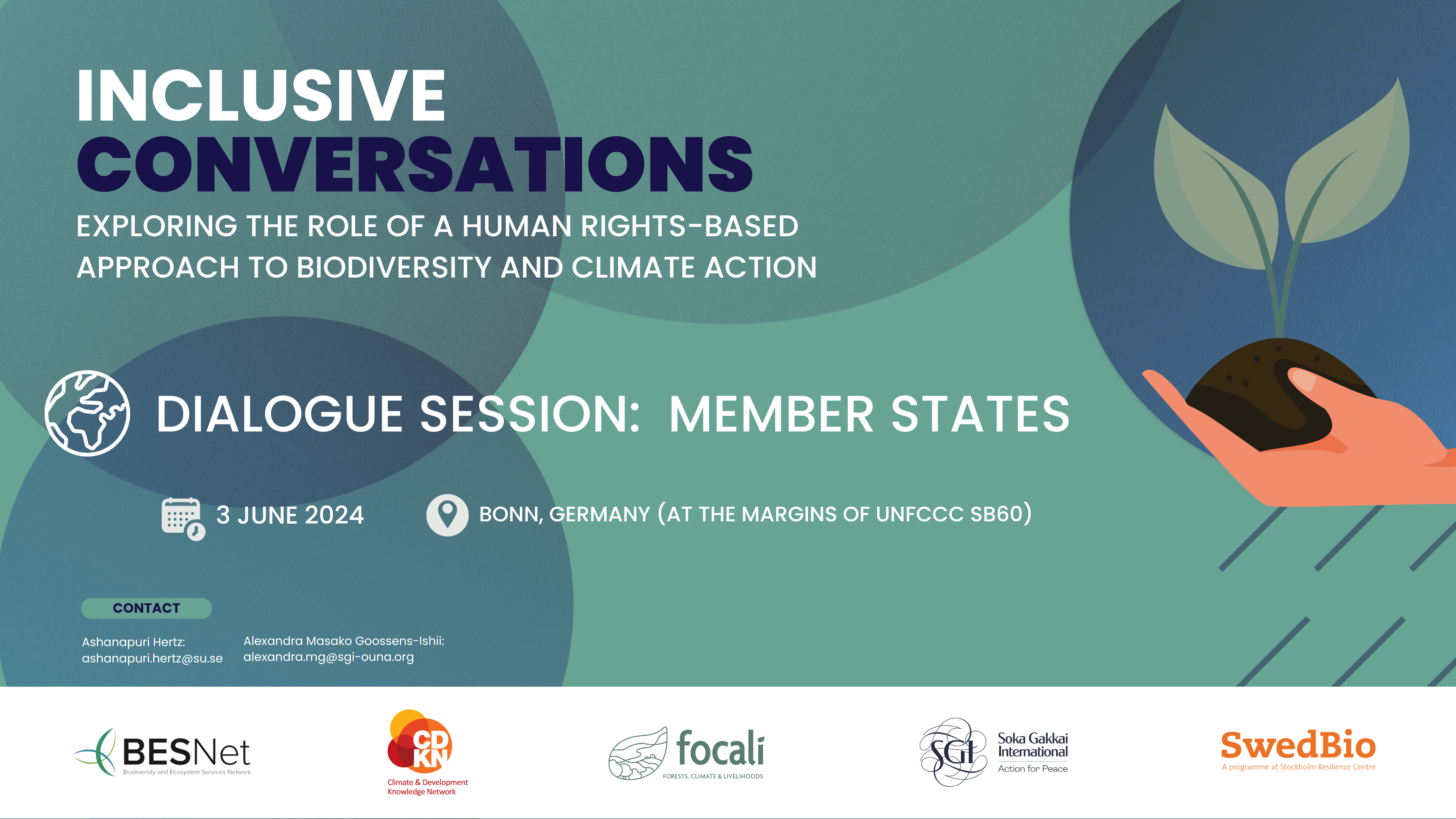
As part of a continuous dialogue process, this dialogue session among state actors aimed to share best practices, identify common challenges and opportunities around HRBA and explore how best to integrate globally recognized human rights principles into national and international biodiversity and climate policies.
International Non-Governmental Organizations and Research Communities
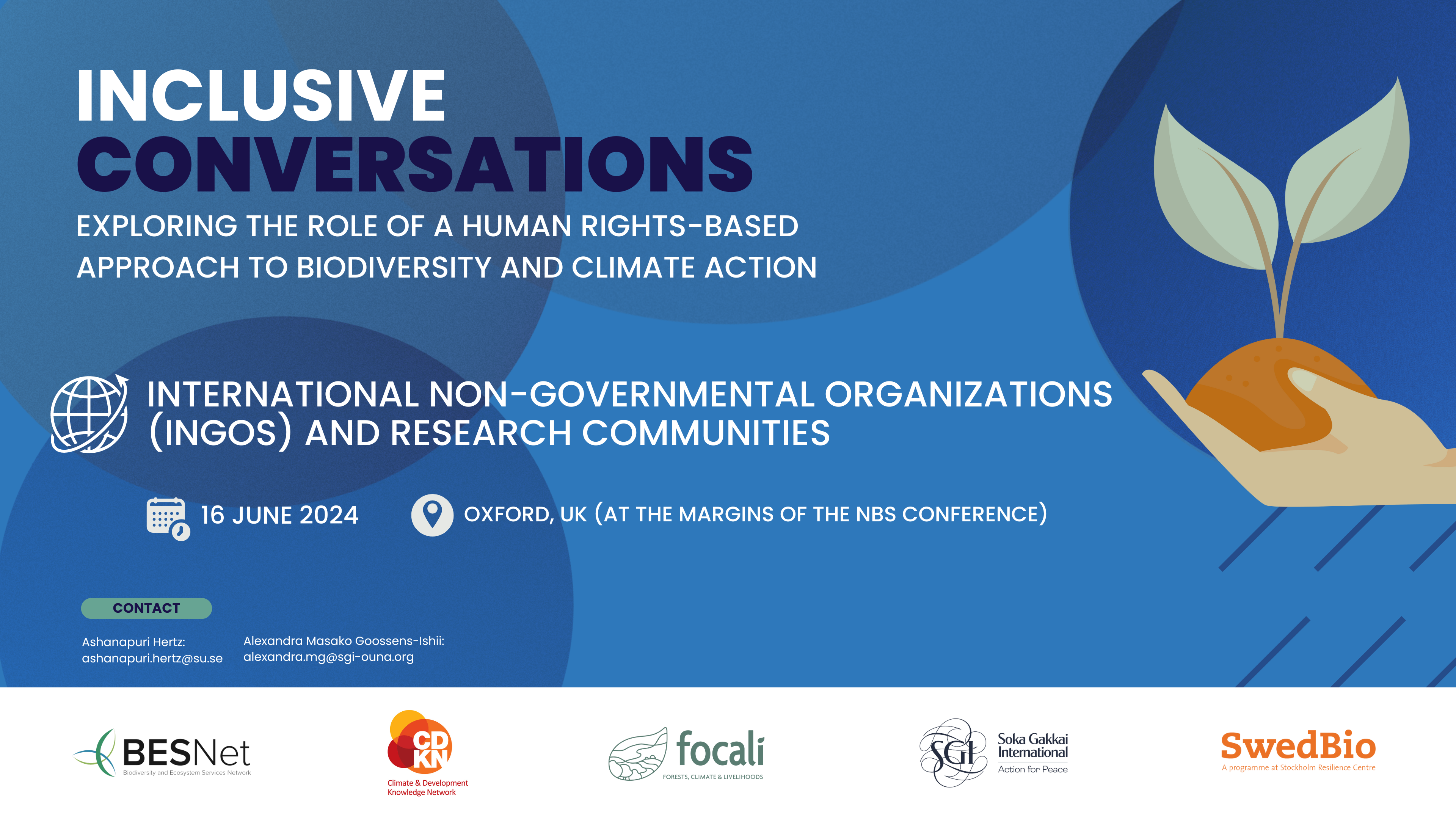
This session brought together the research community and international non-governmental organizations to delve into the integration of scientific research and advocacy in advancing a human rights-based approach to biodiversity and climate action. It aimed to bridge the gap between academic research and practical implementation, ensuring that scientific insights and evidence-based strategies inform policy and action plans.




